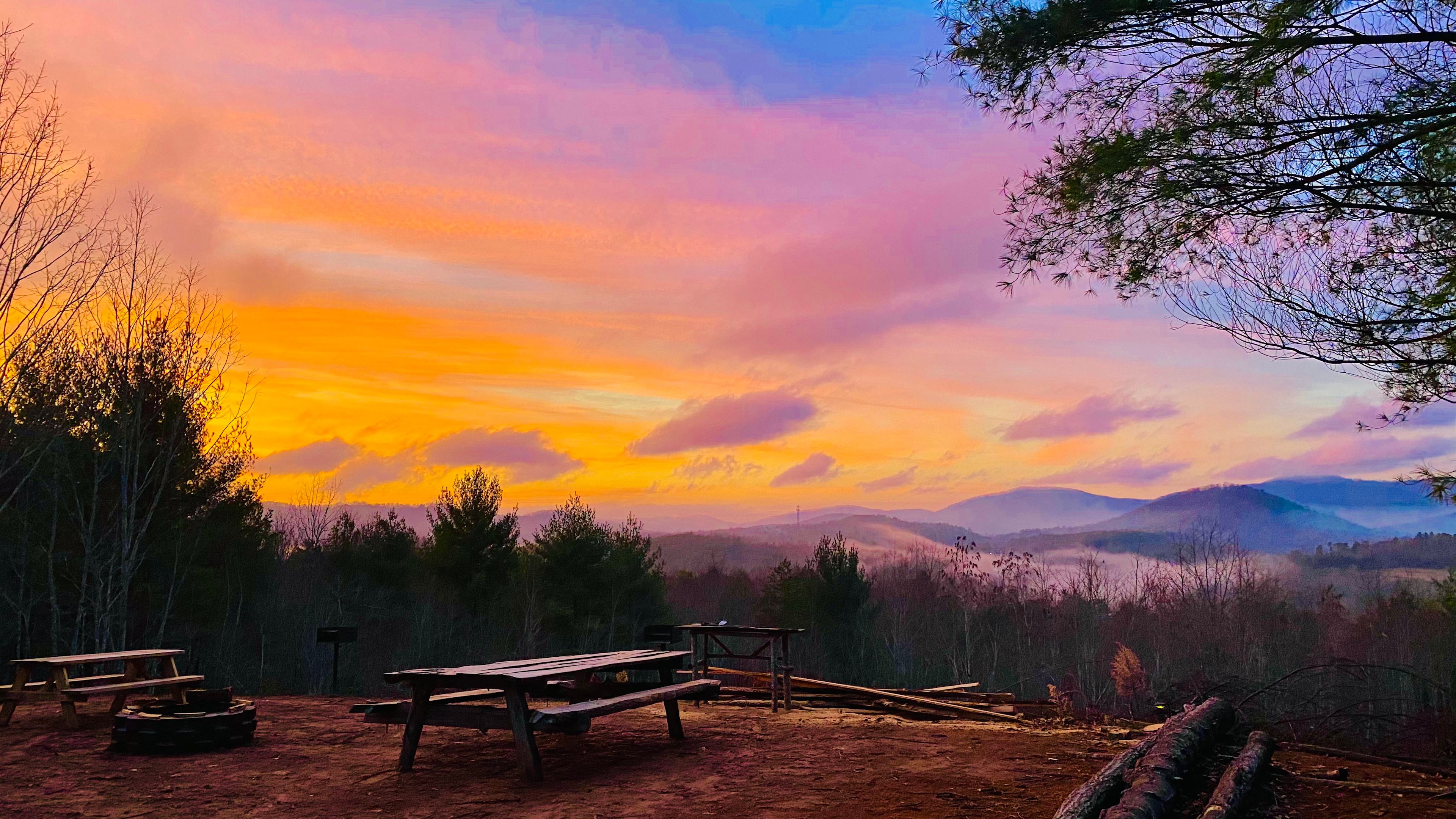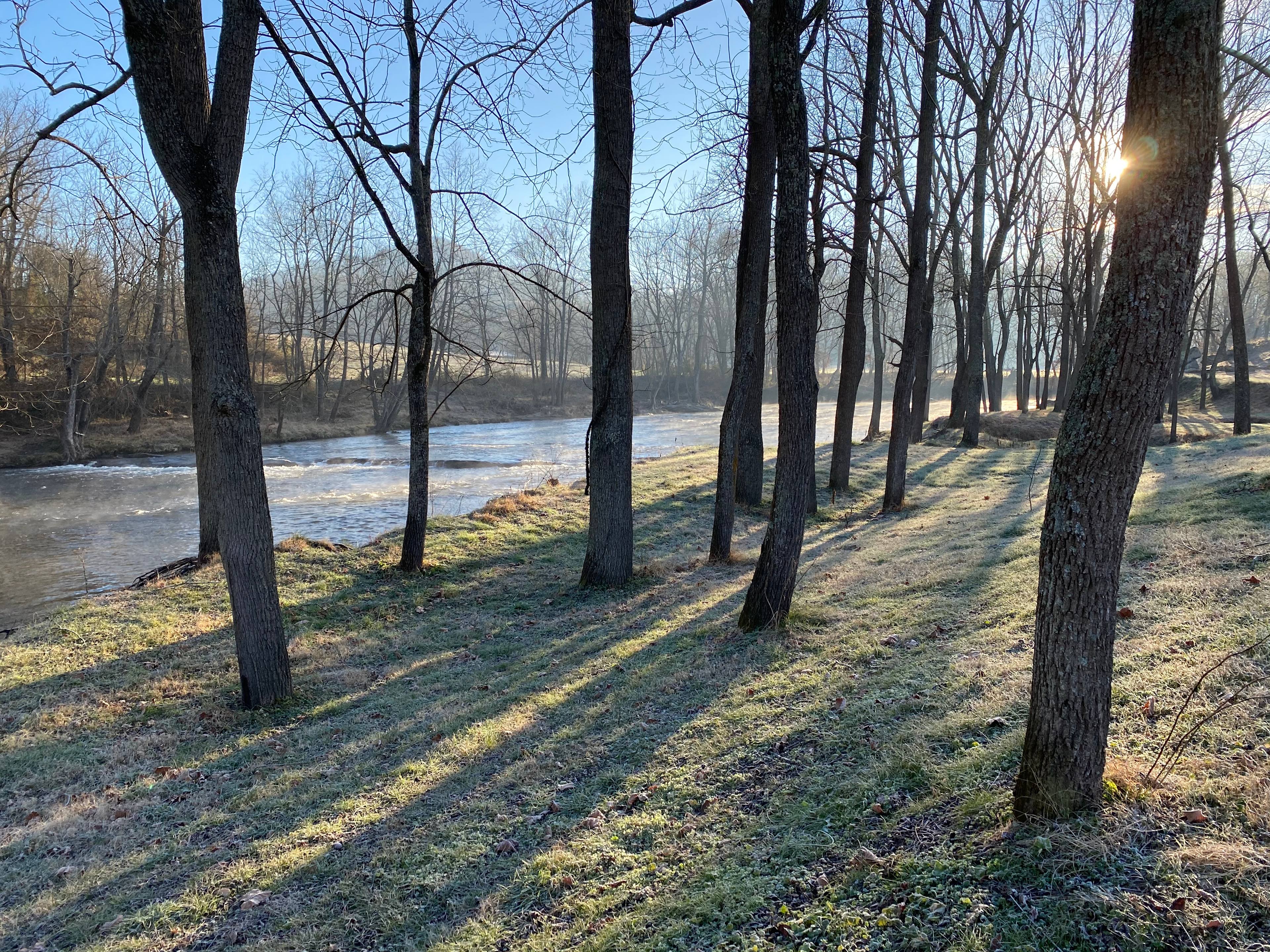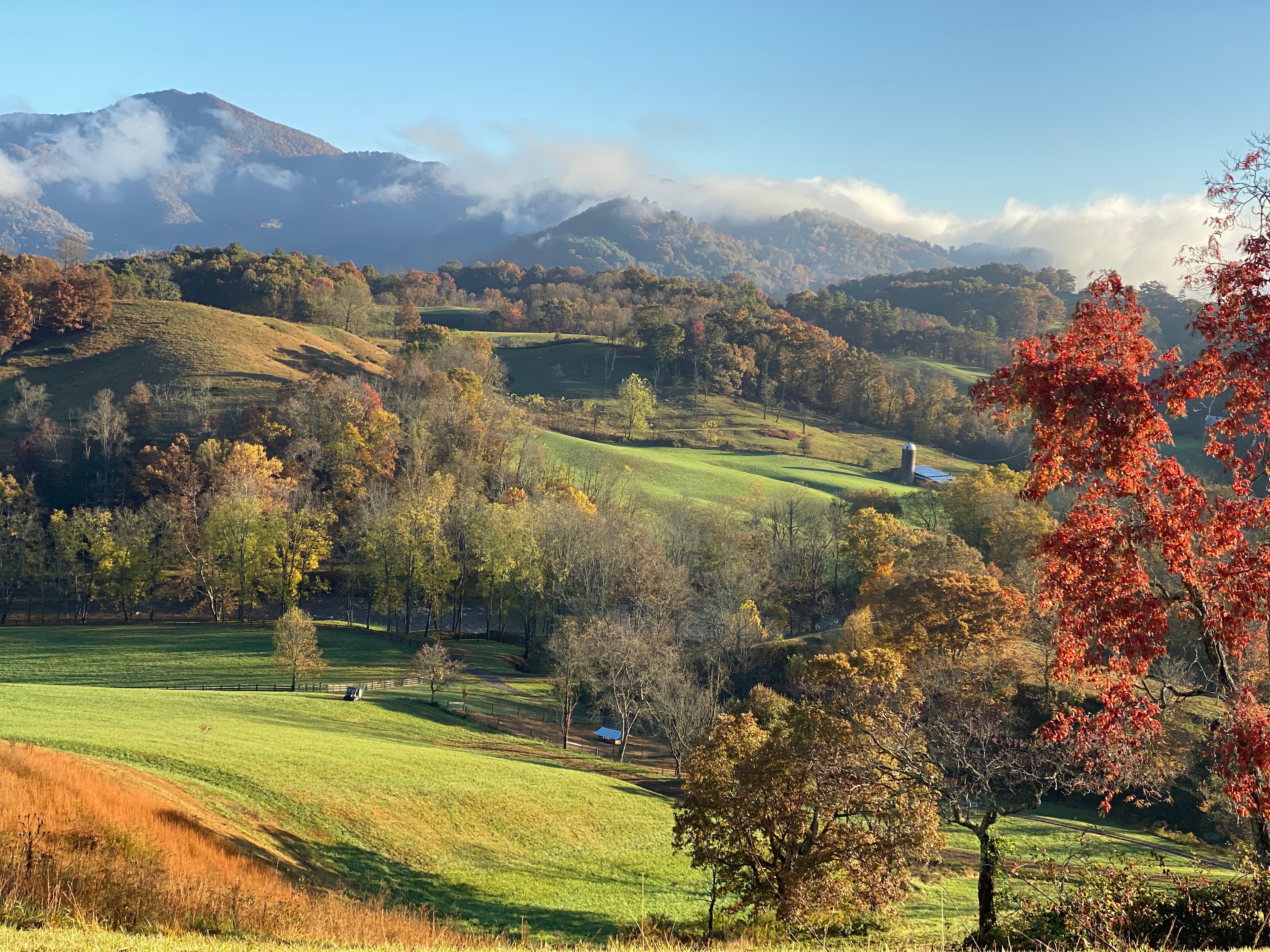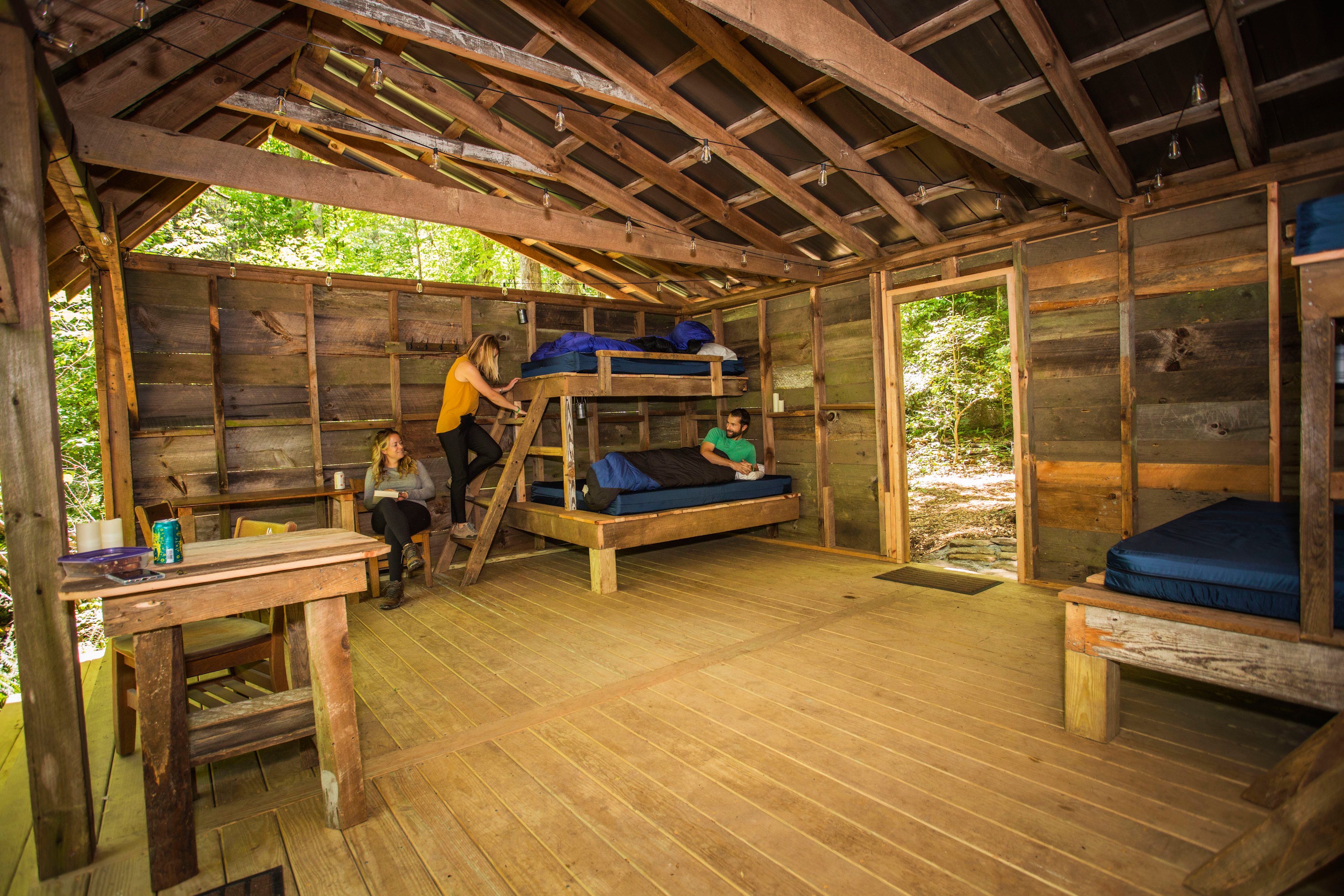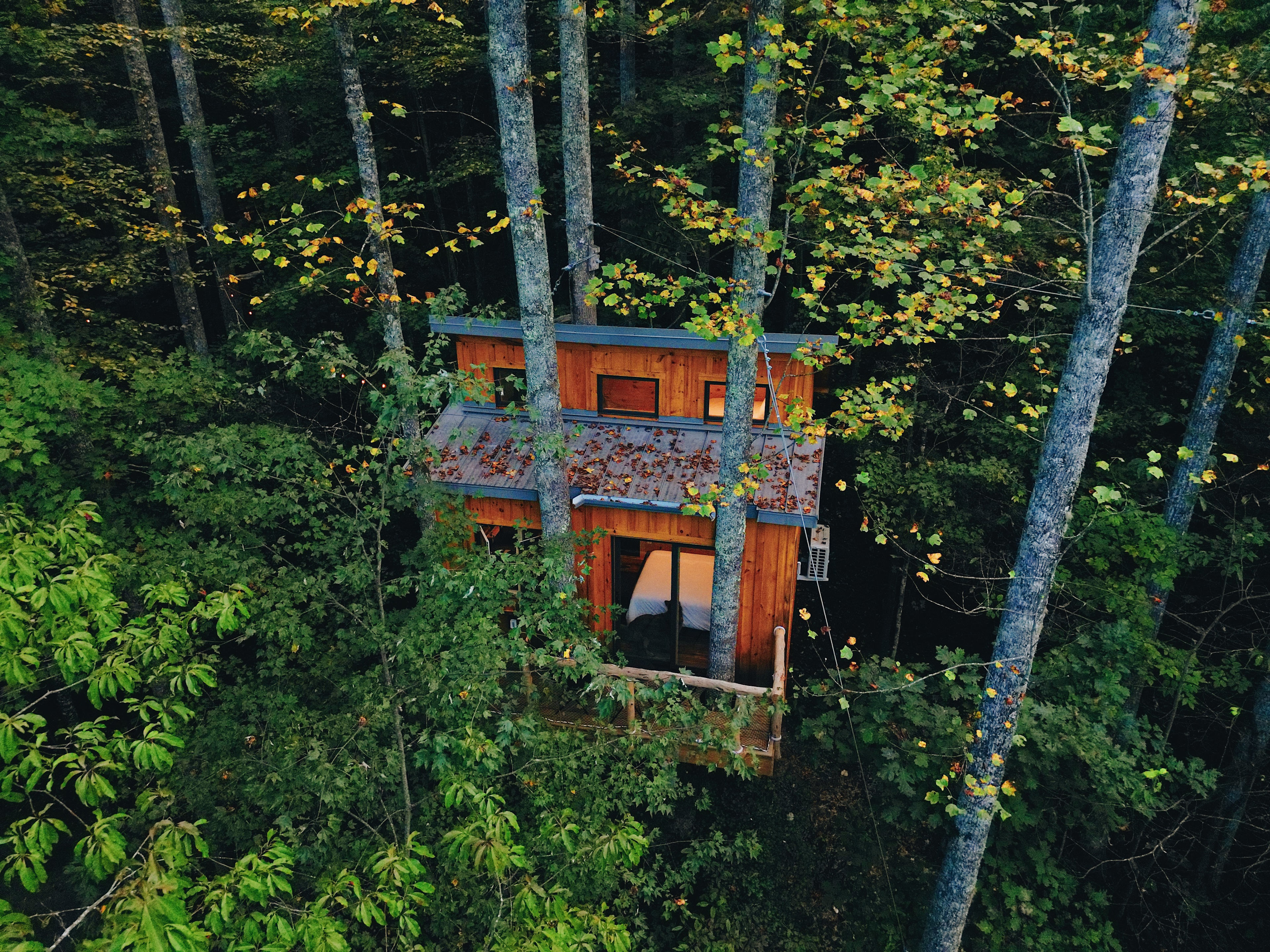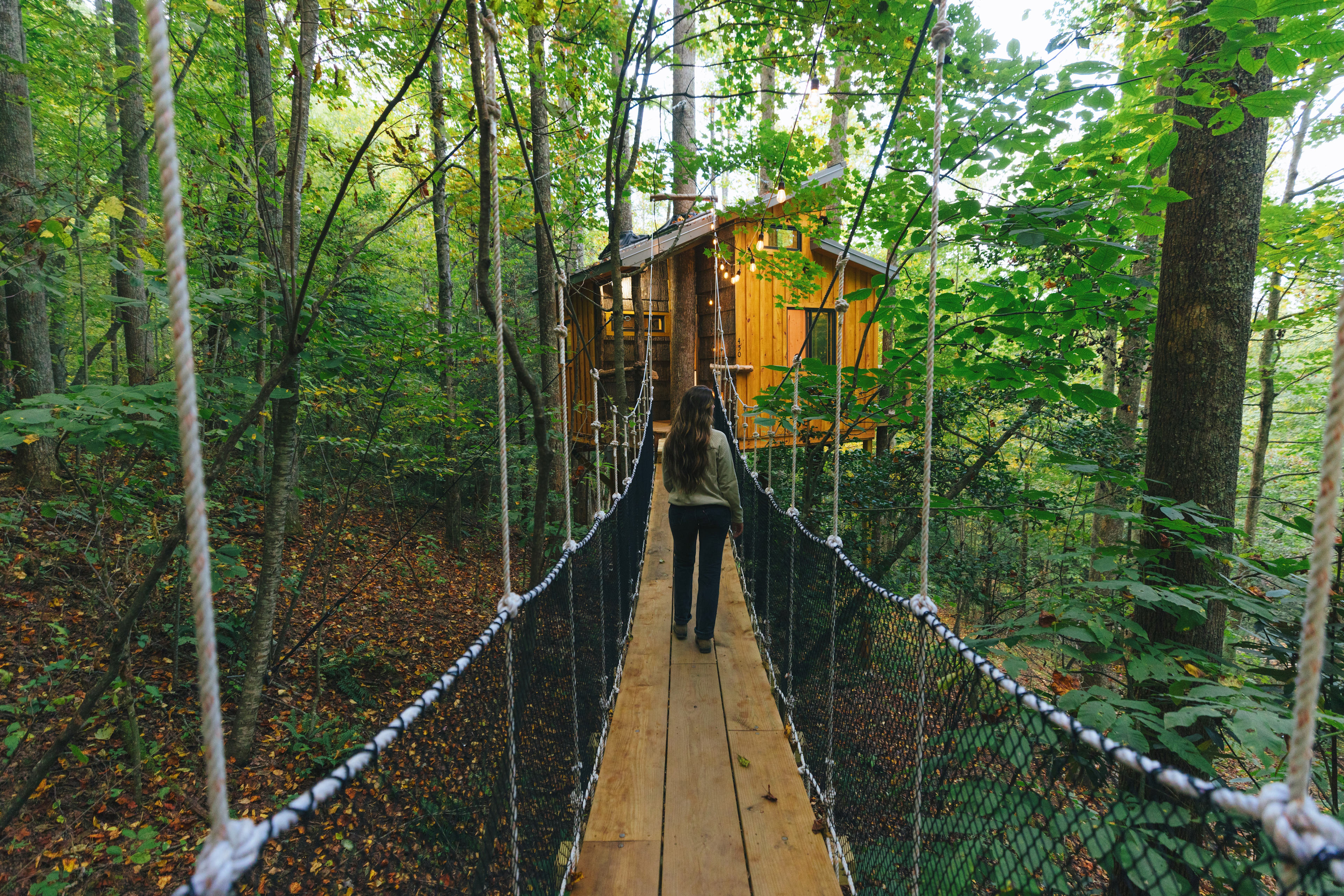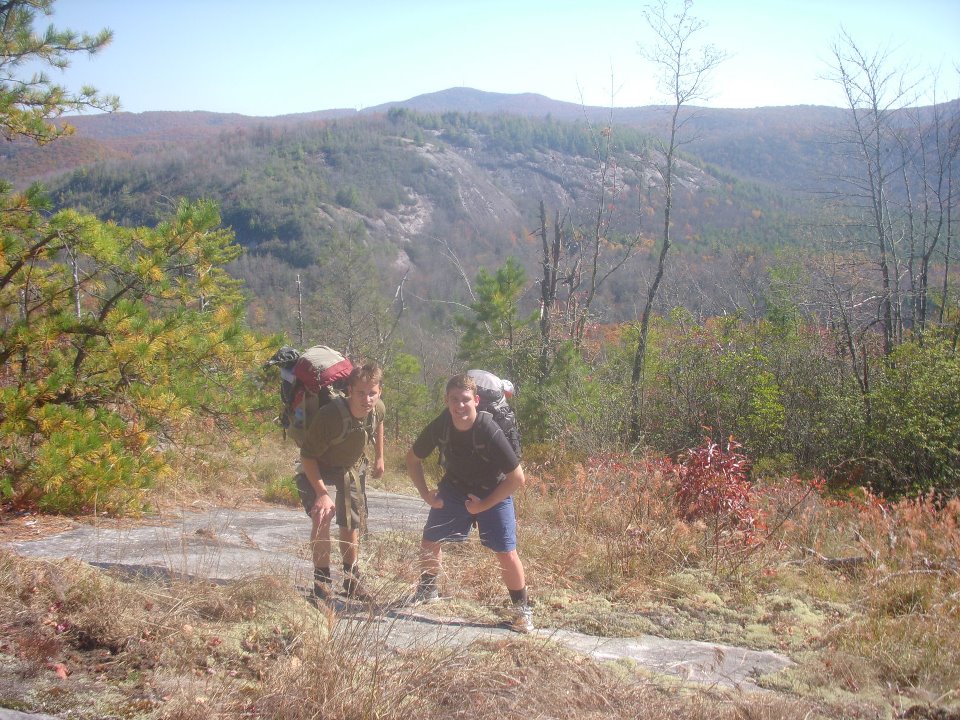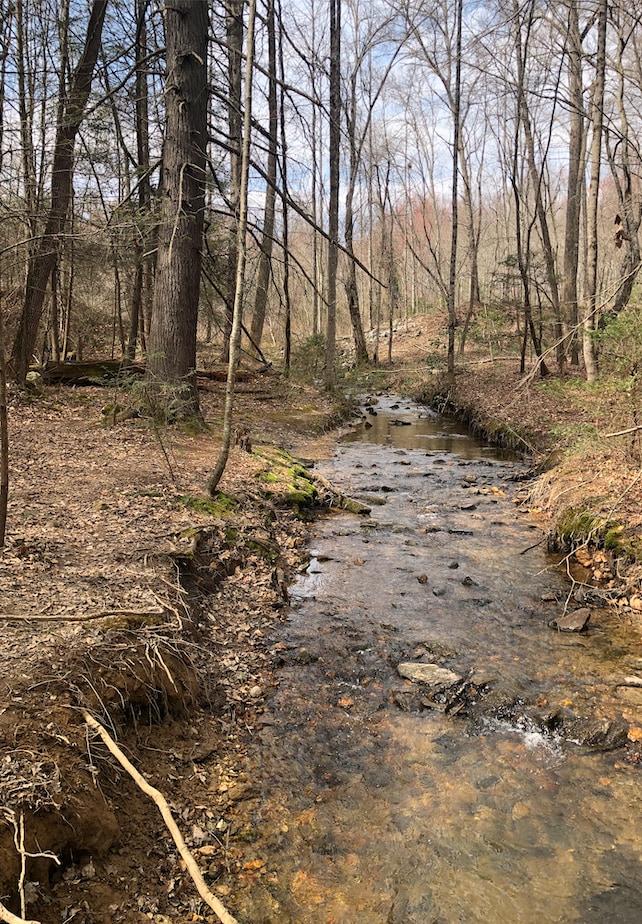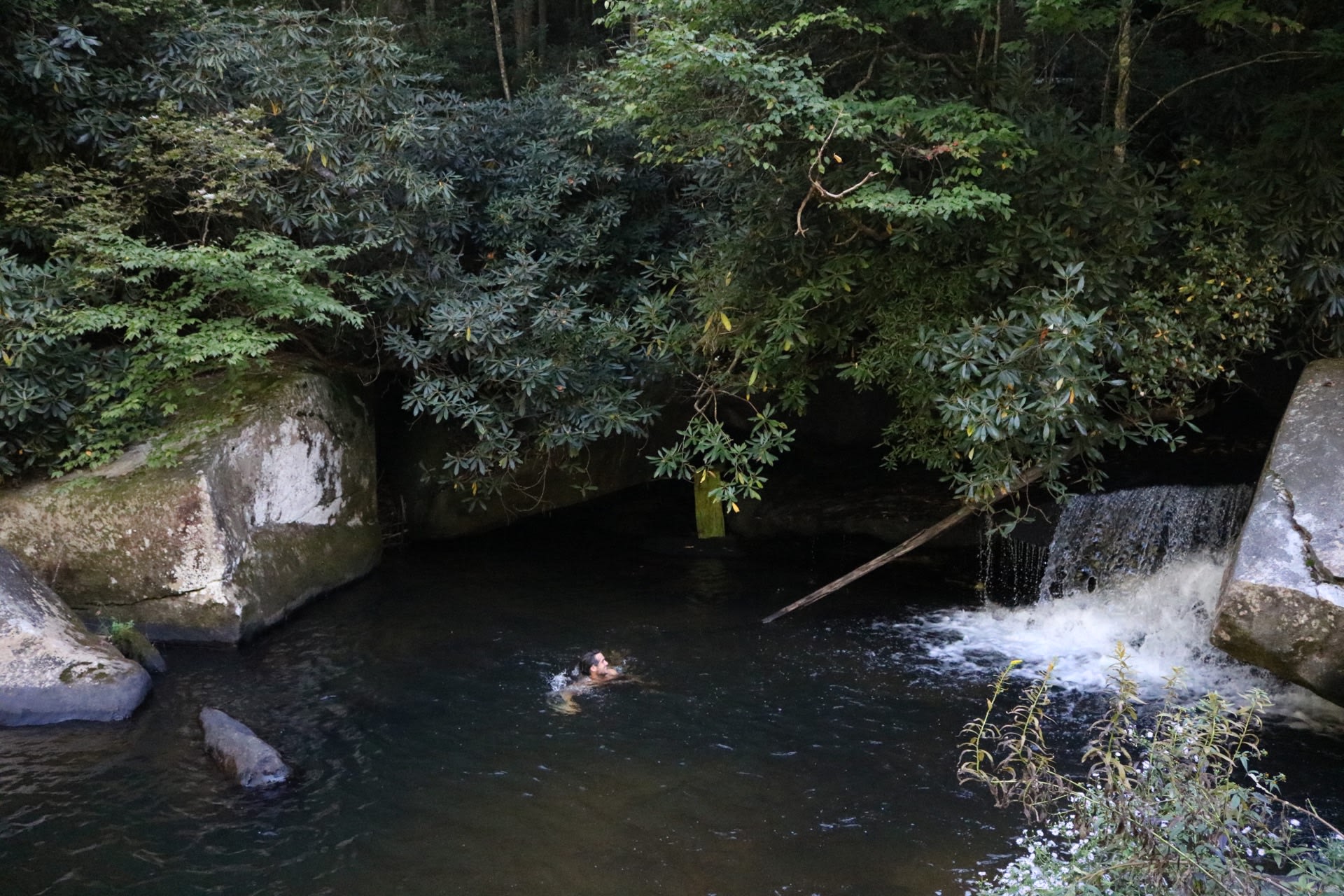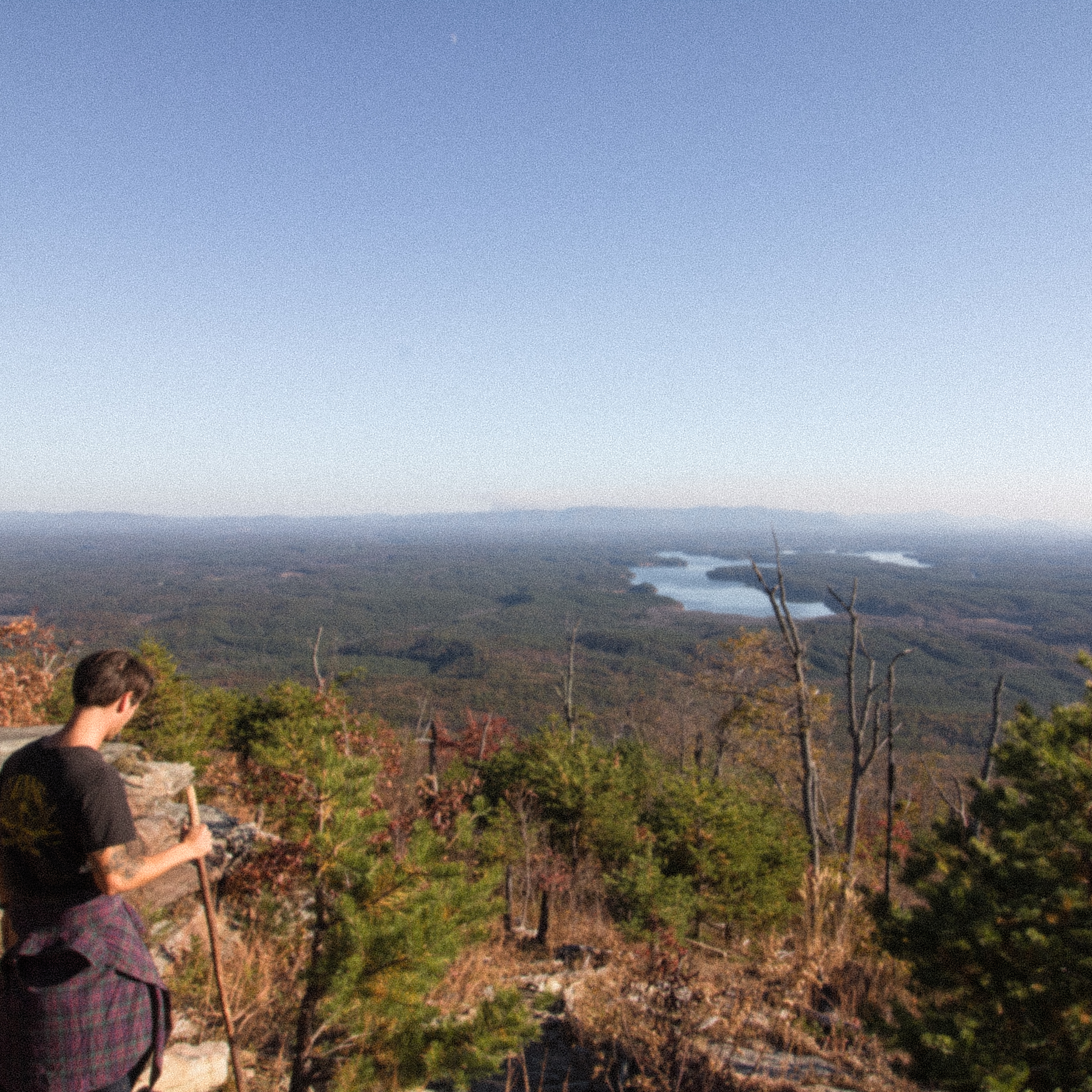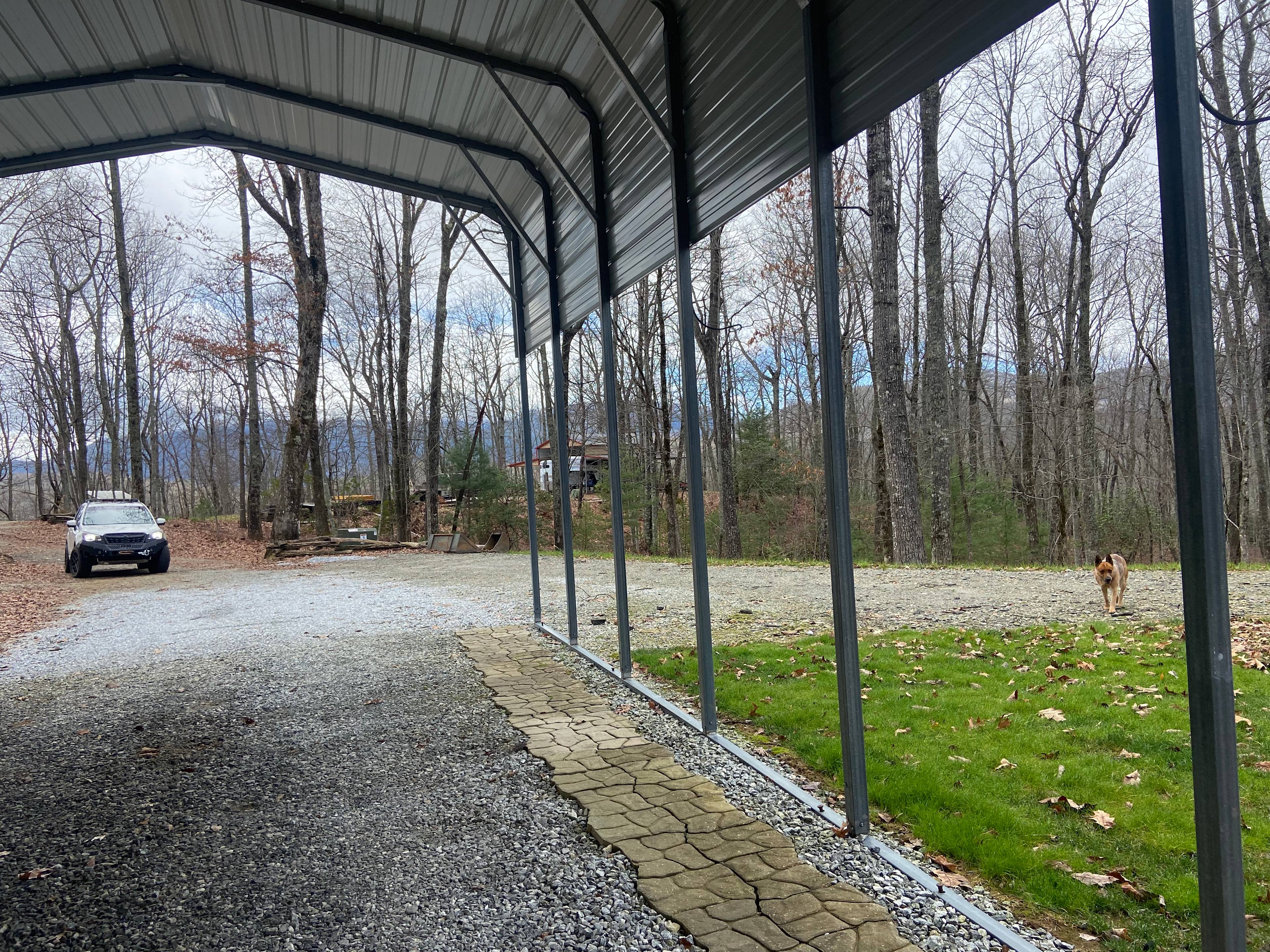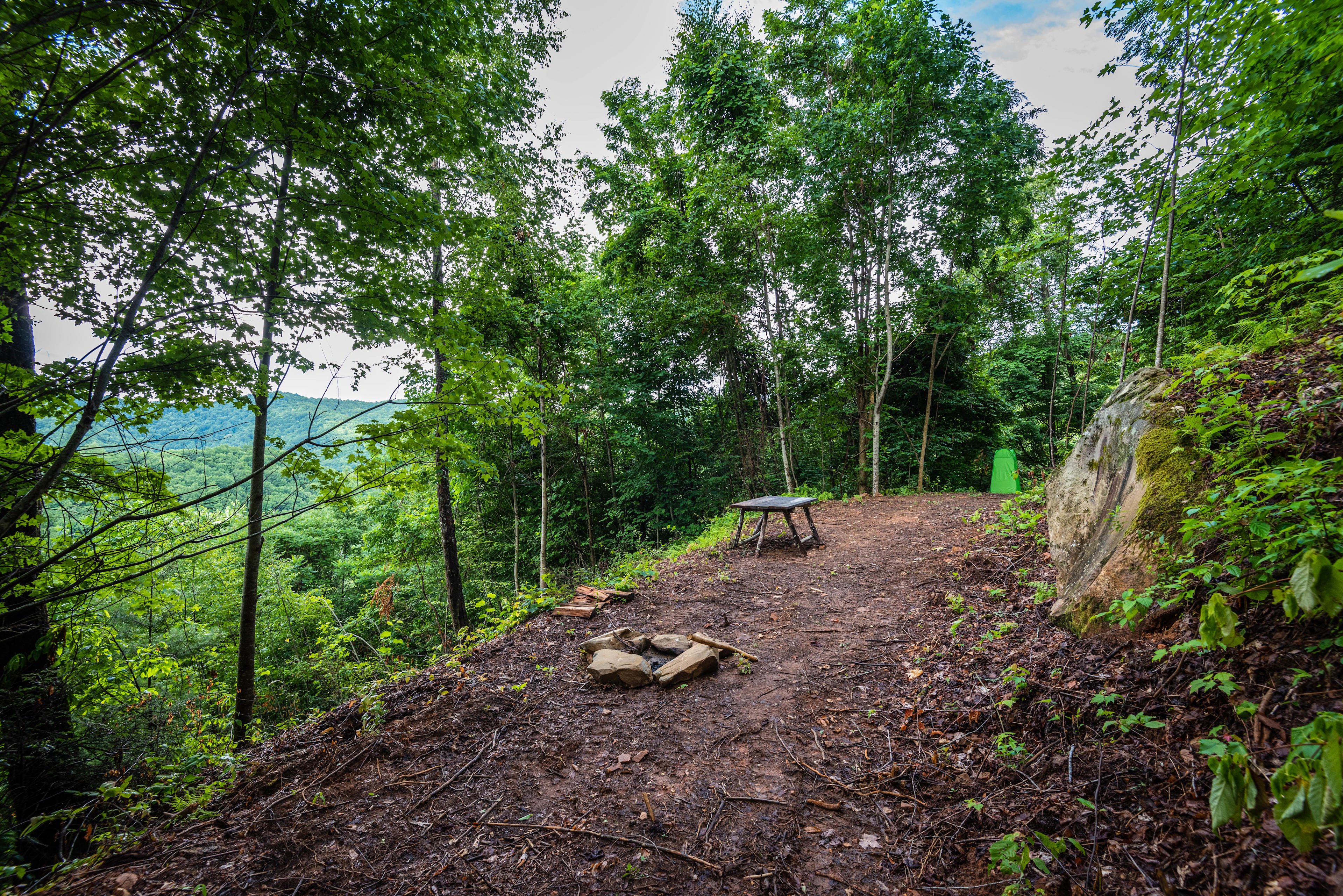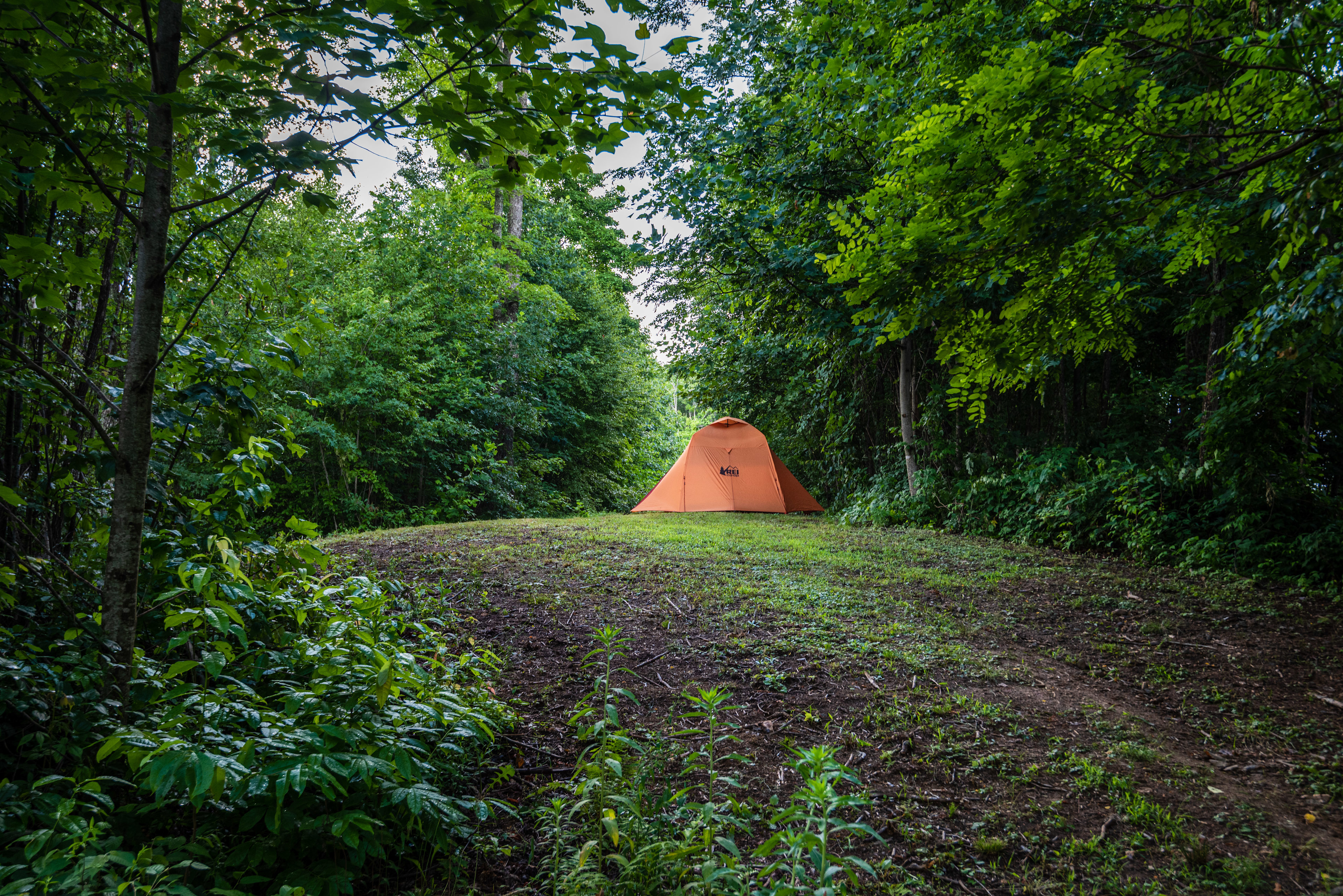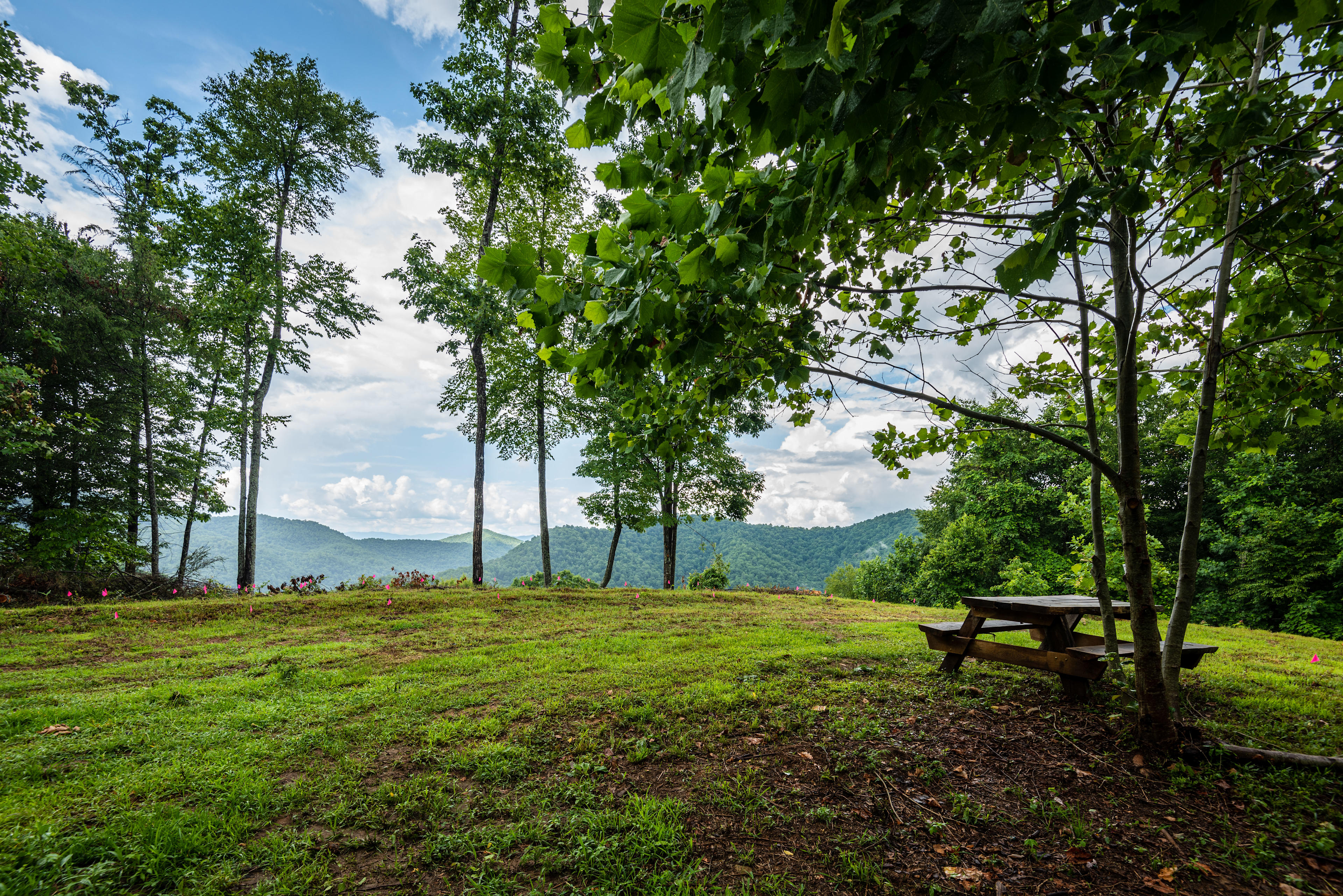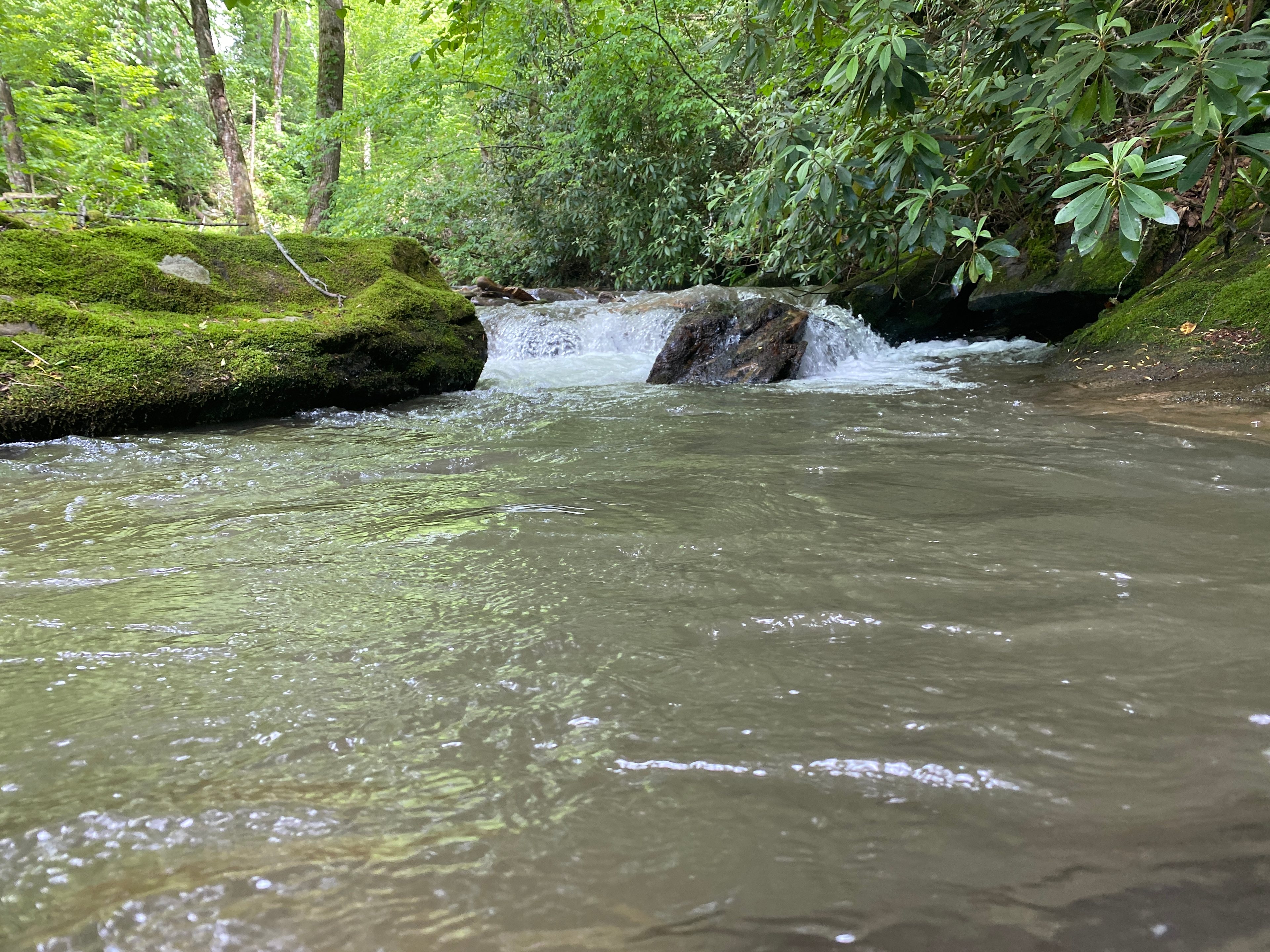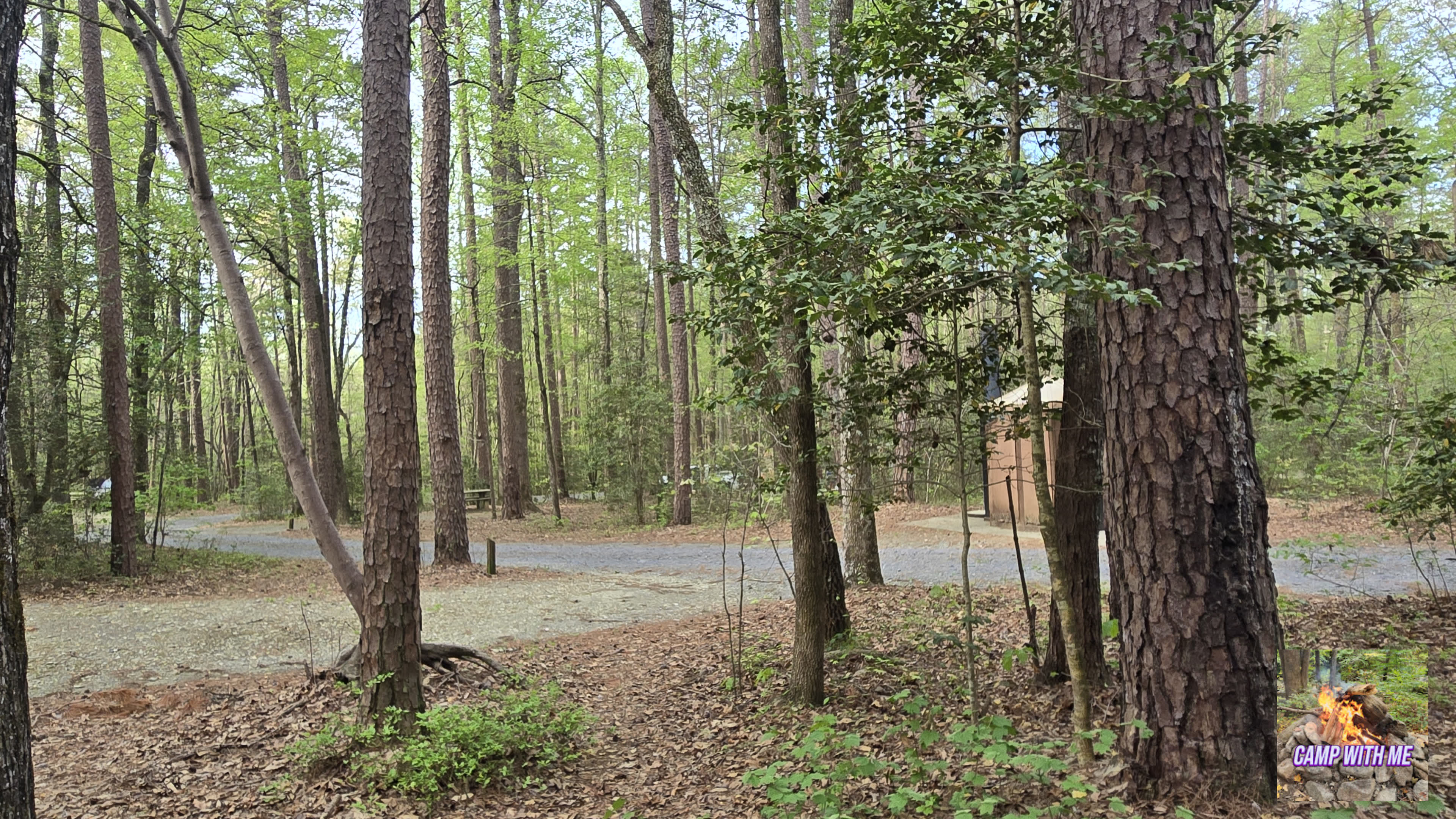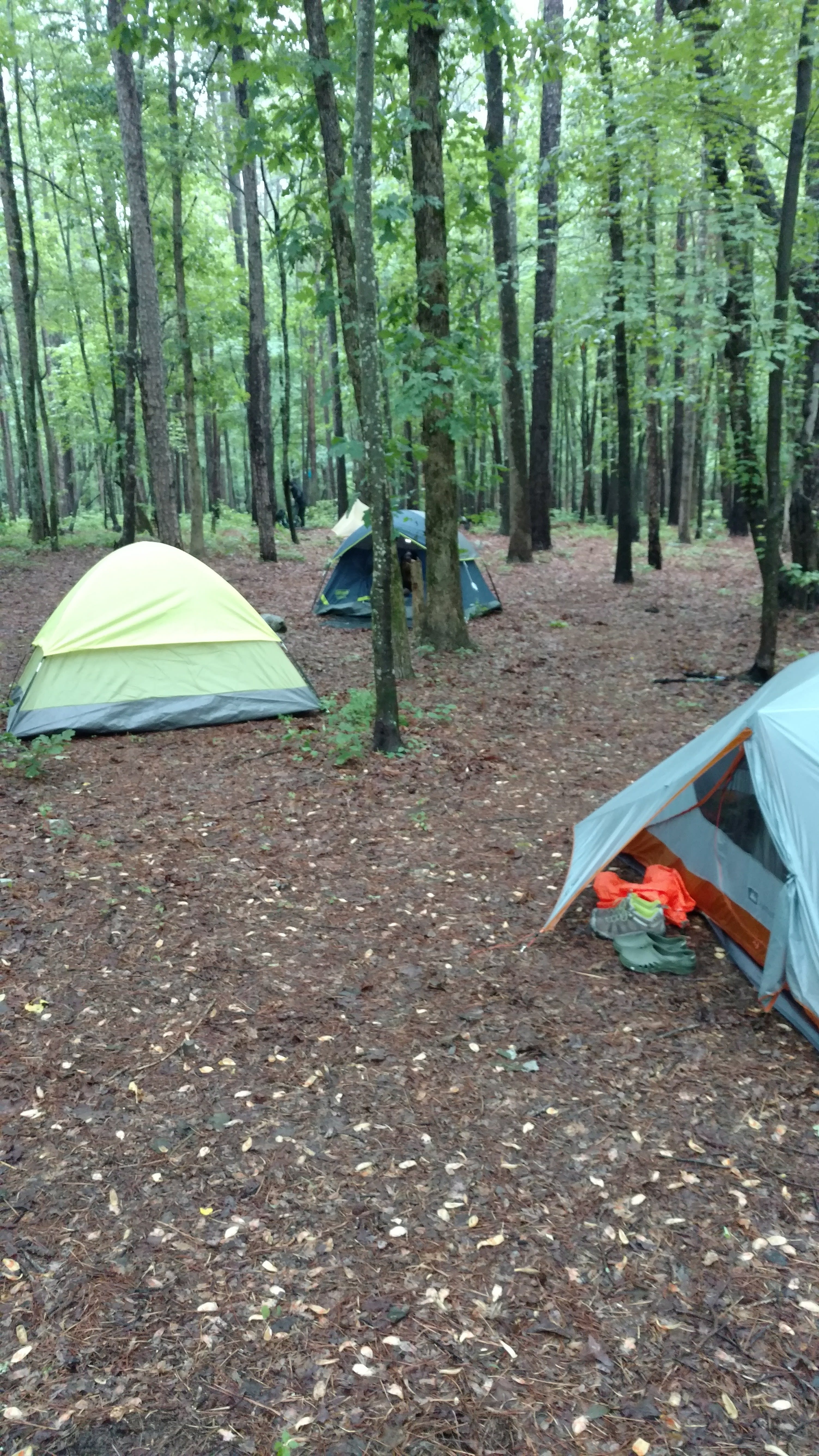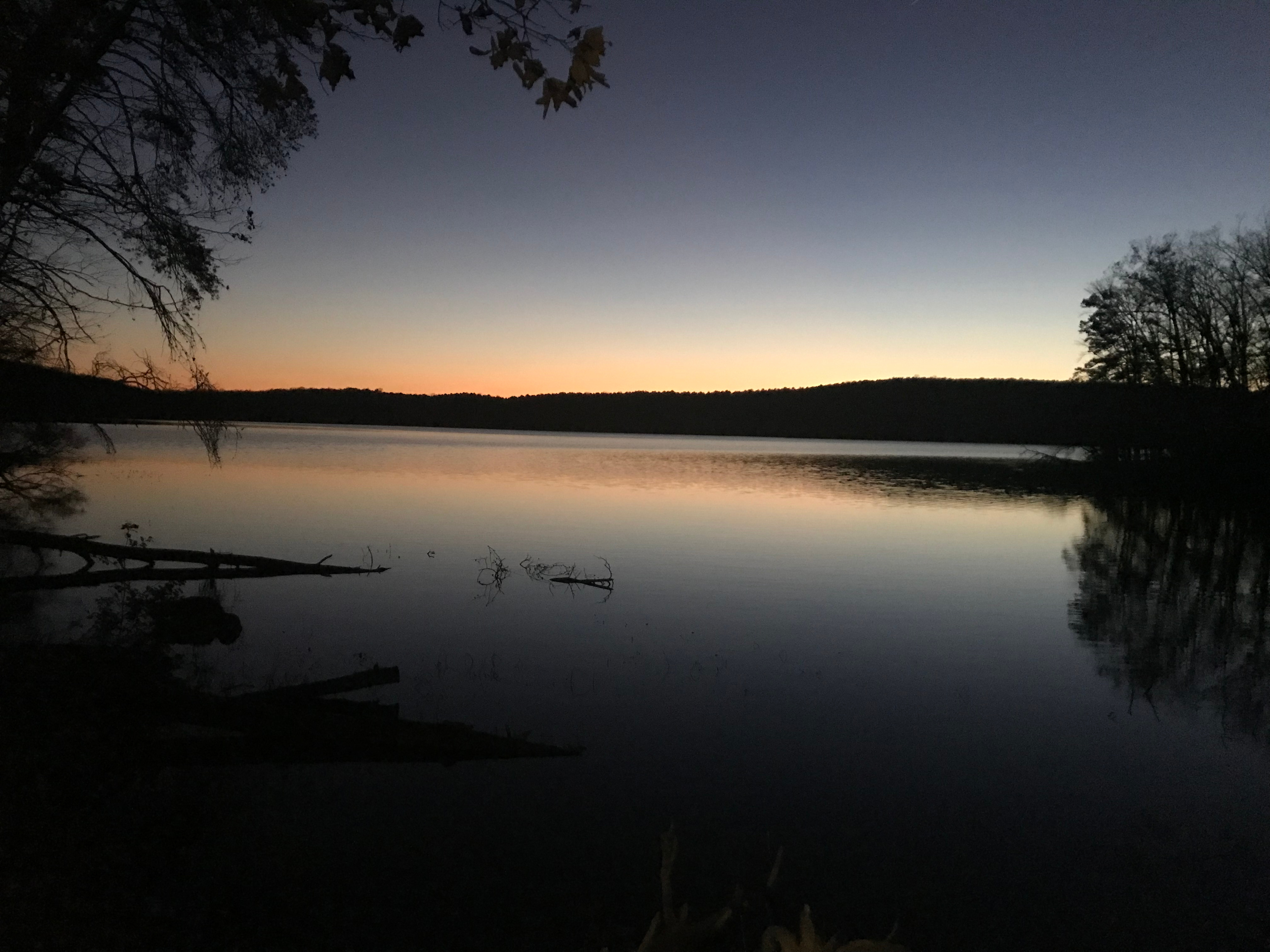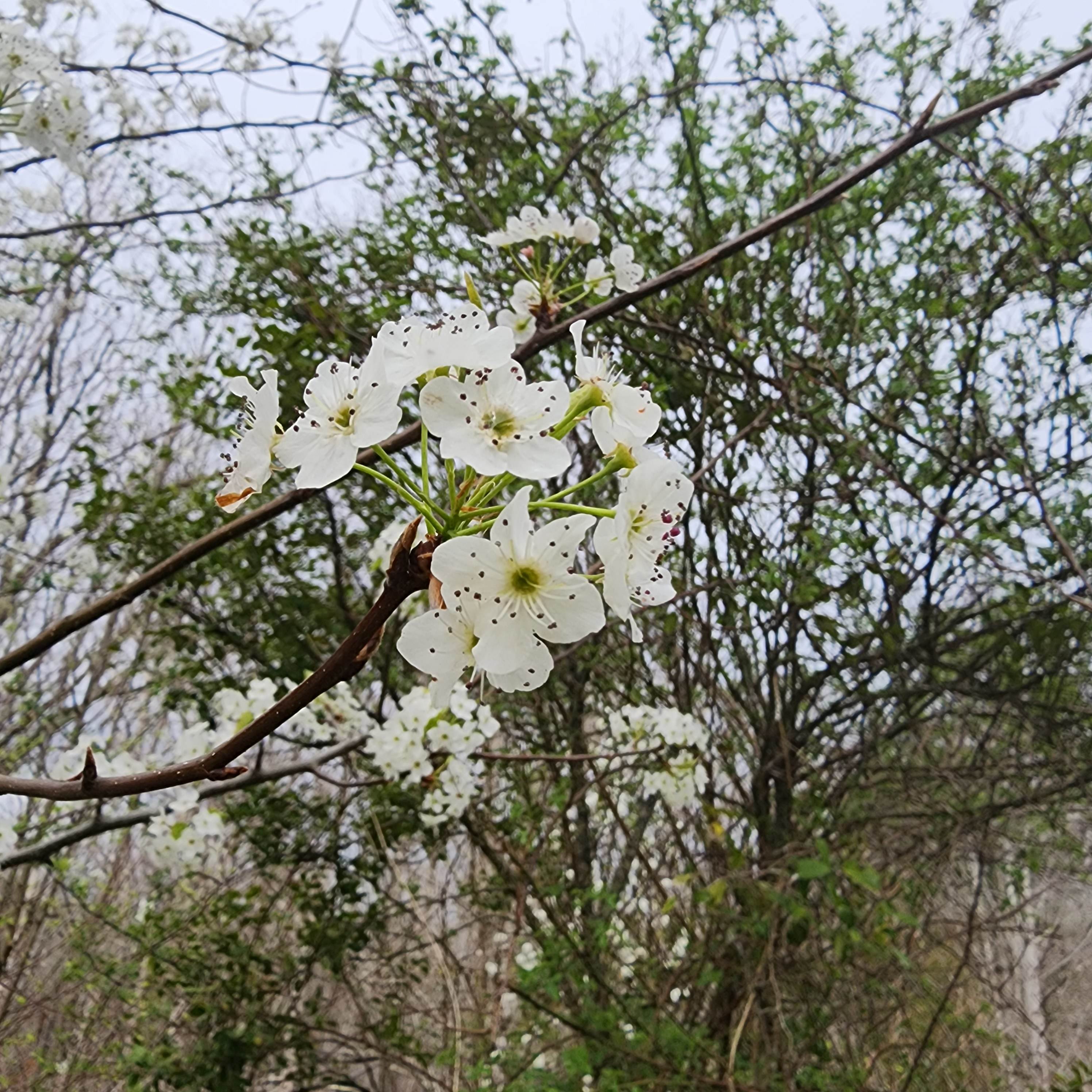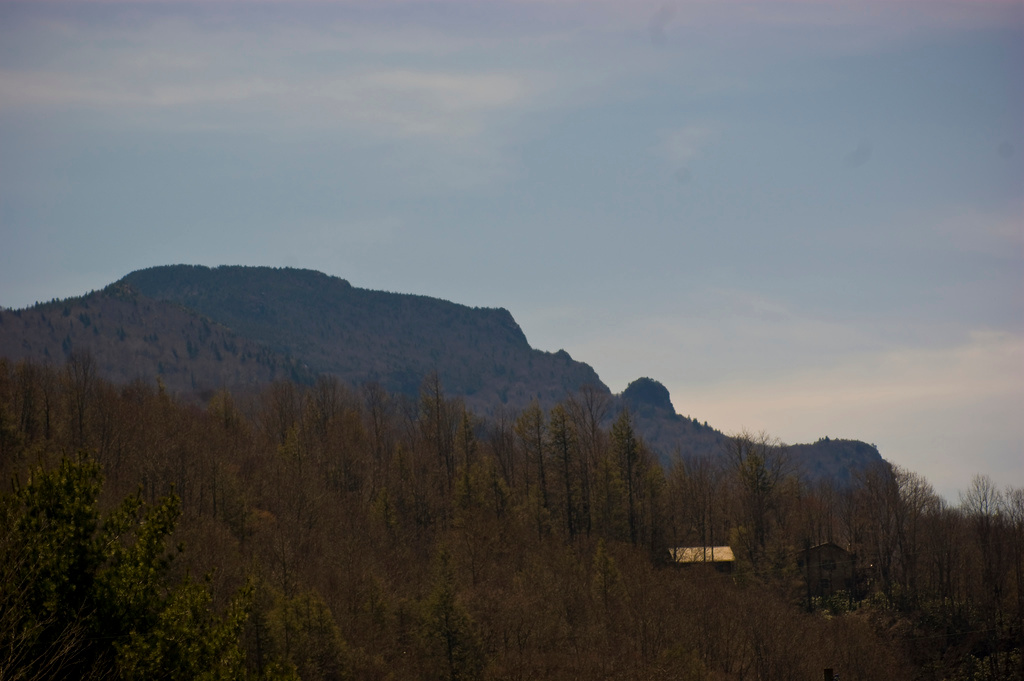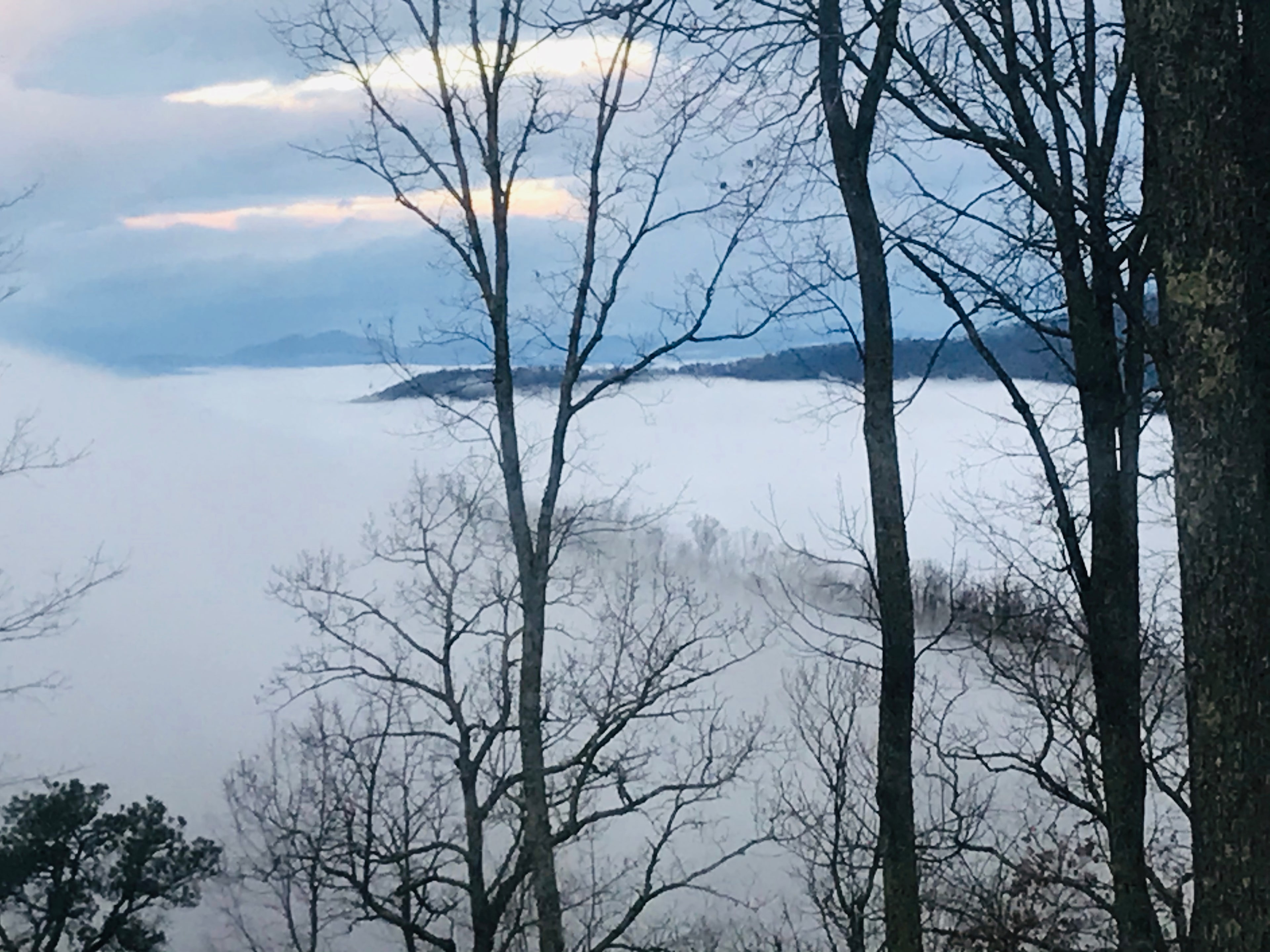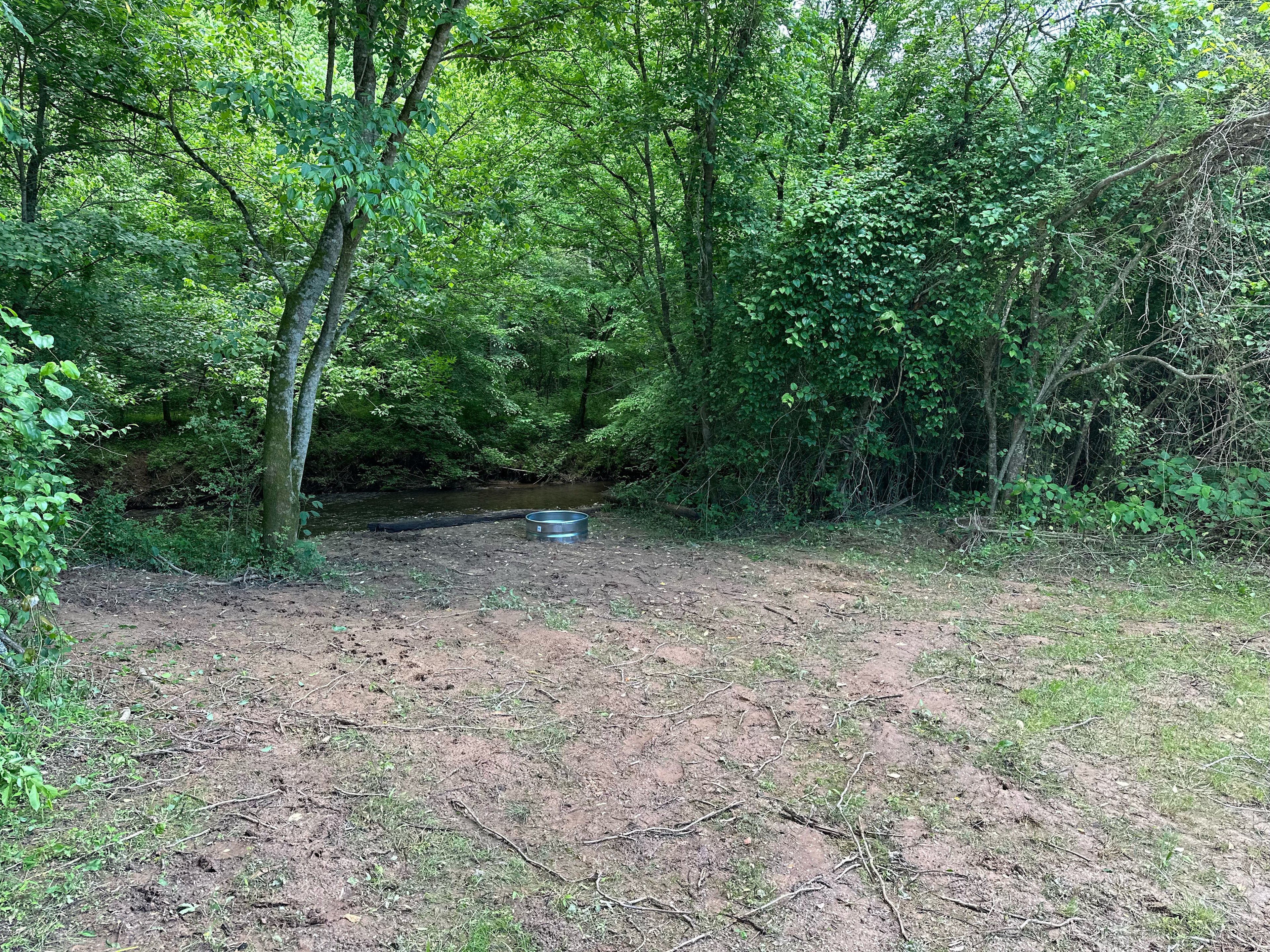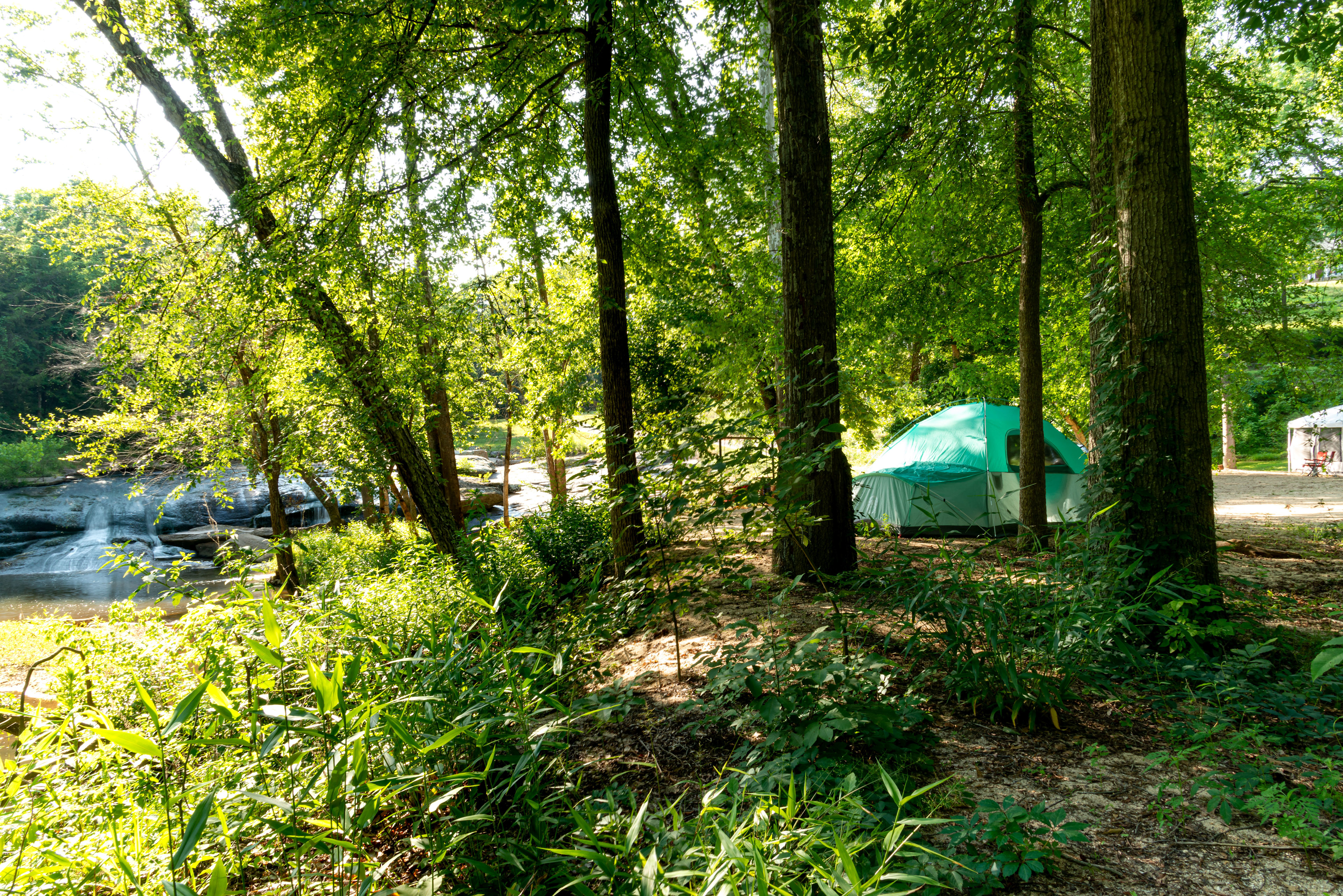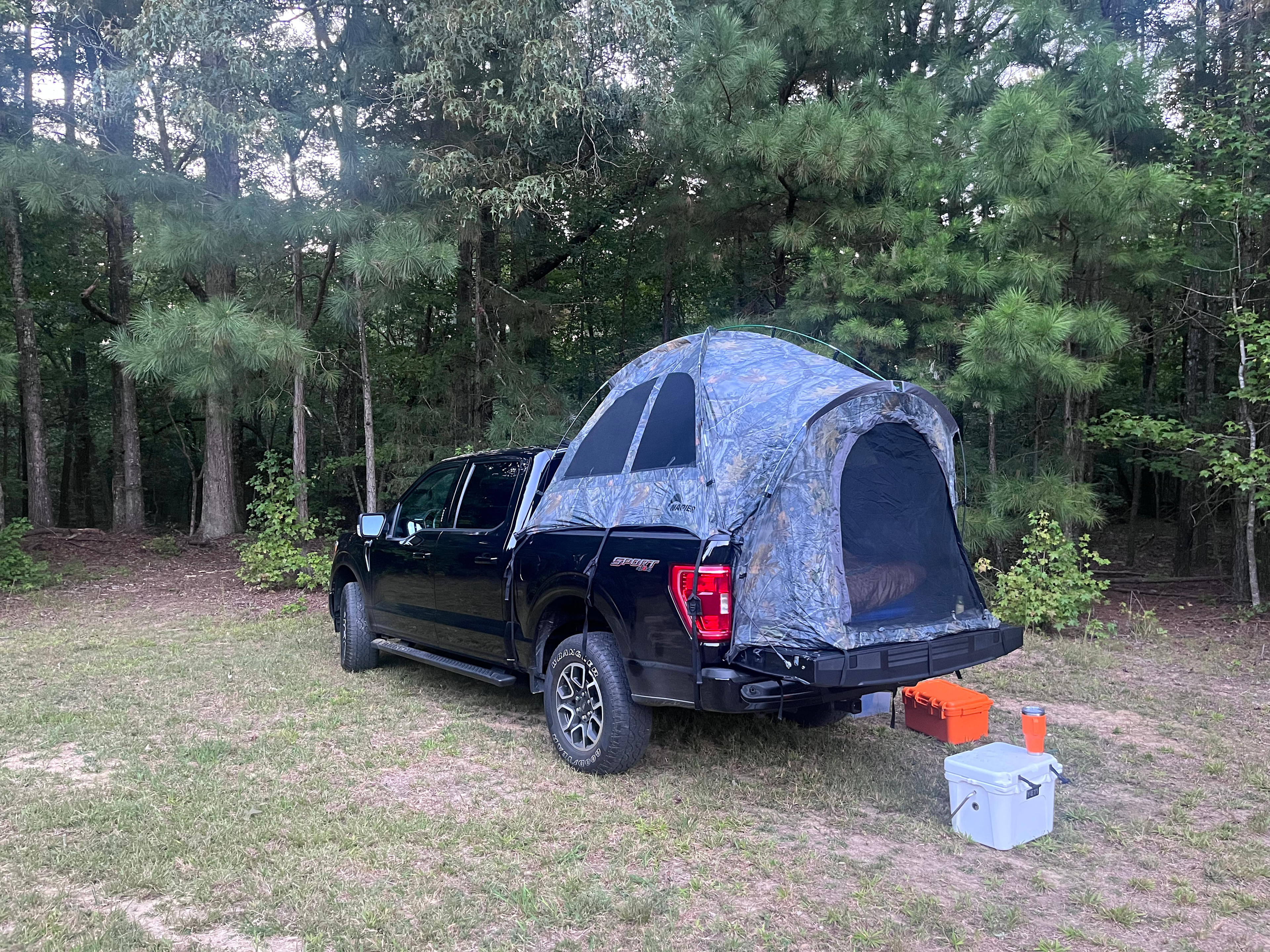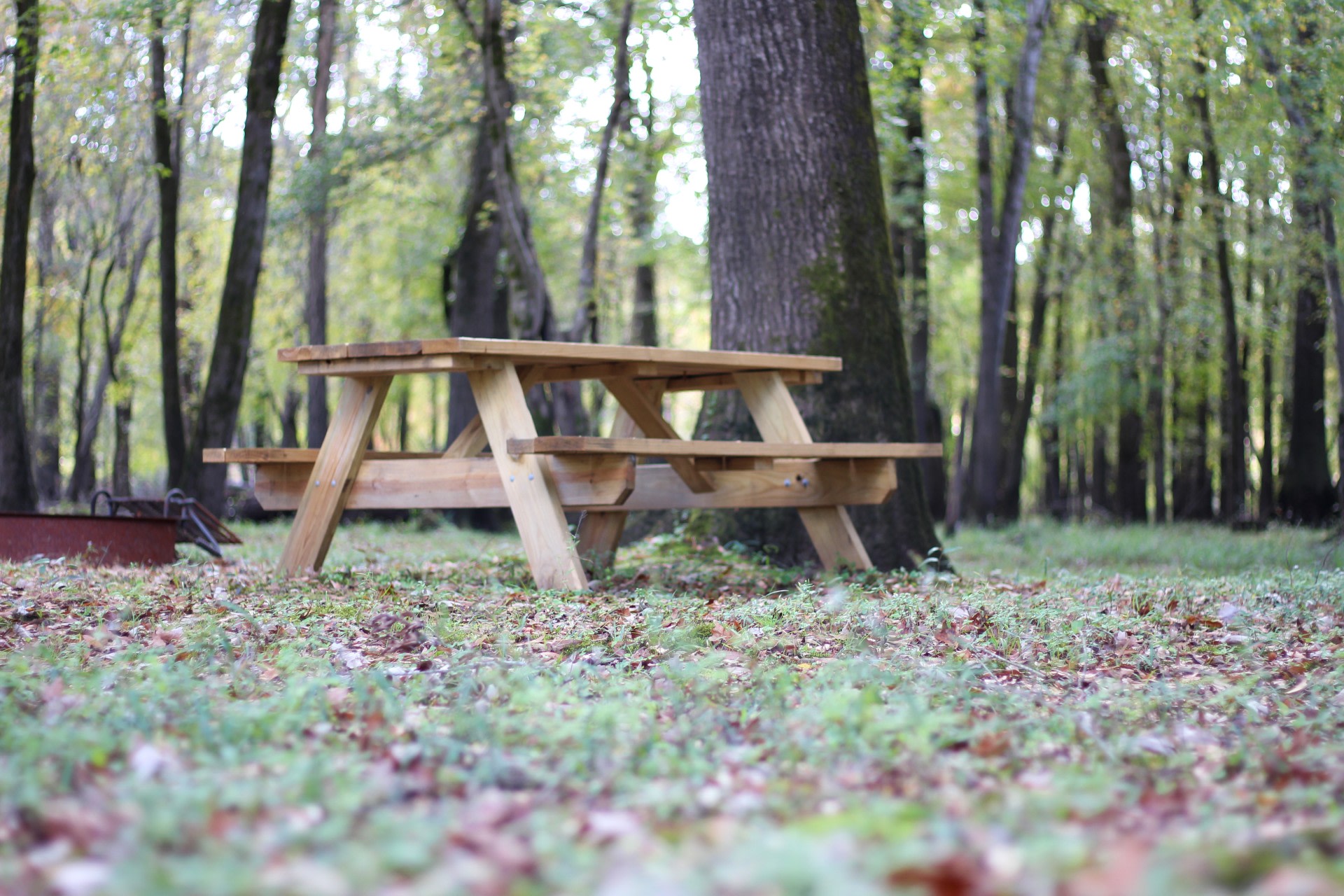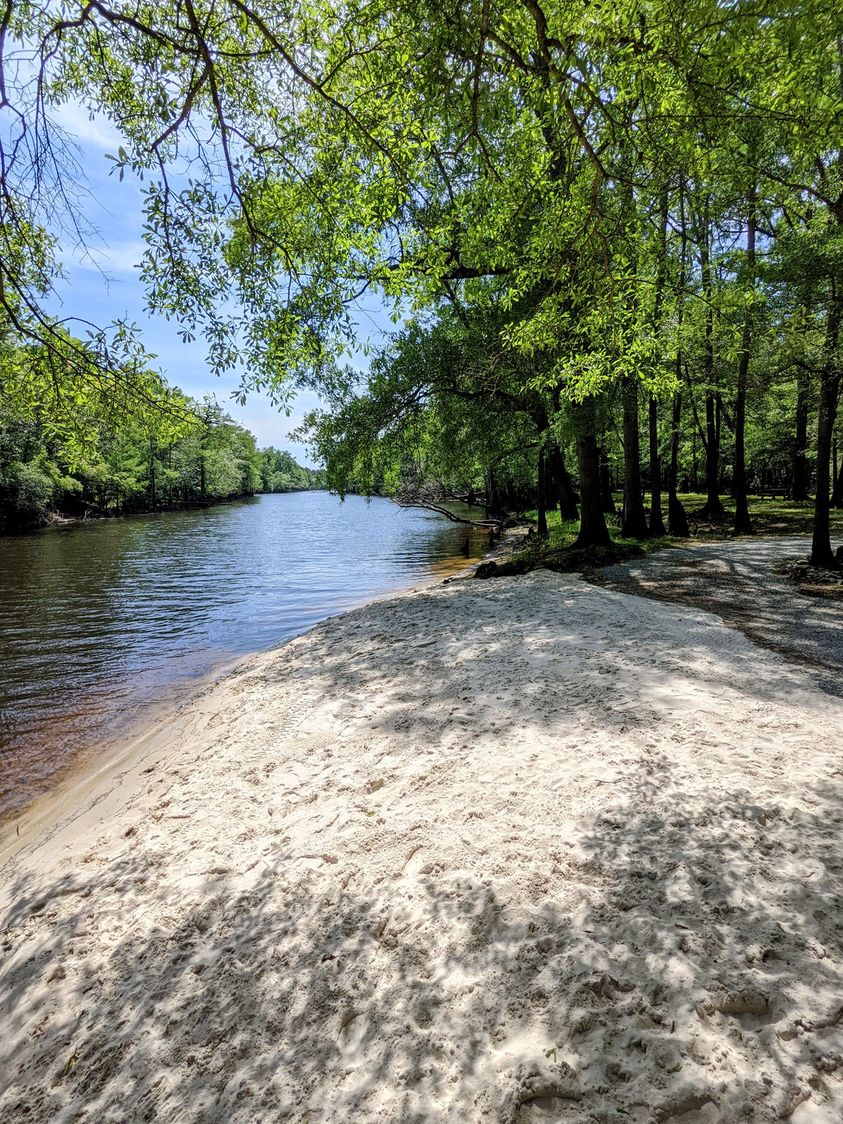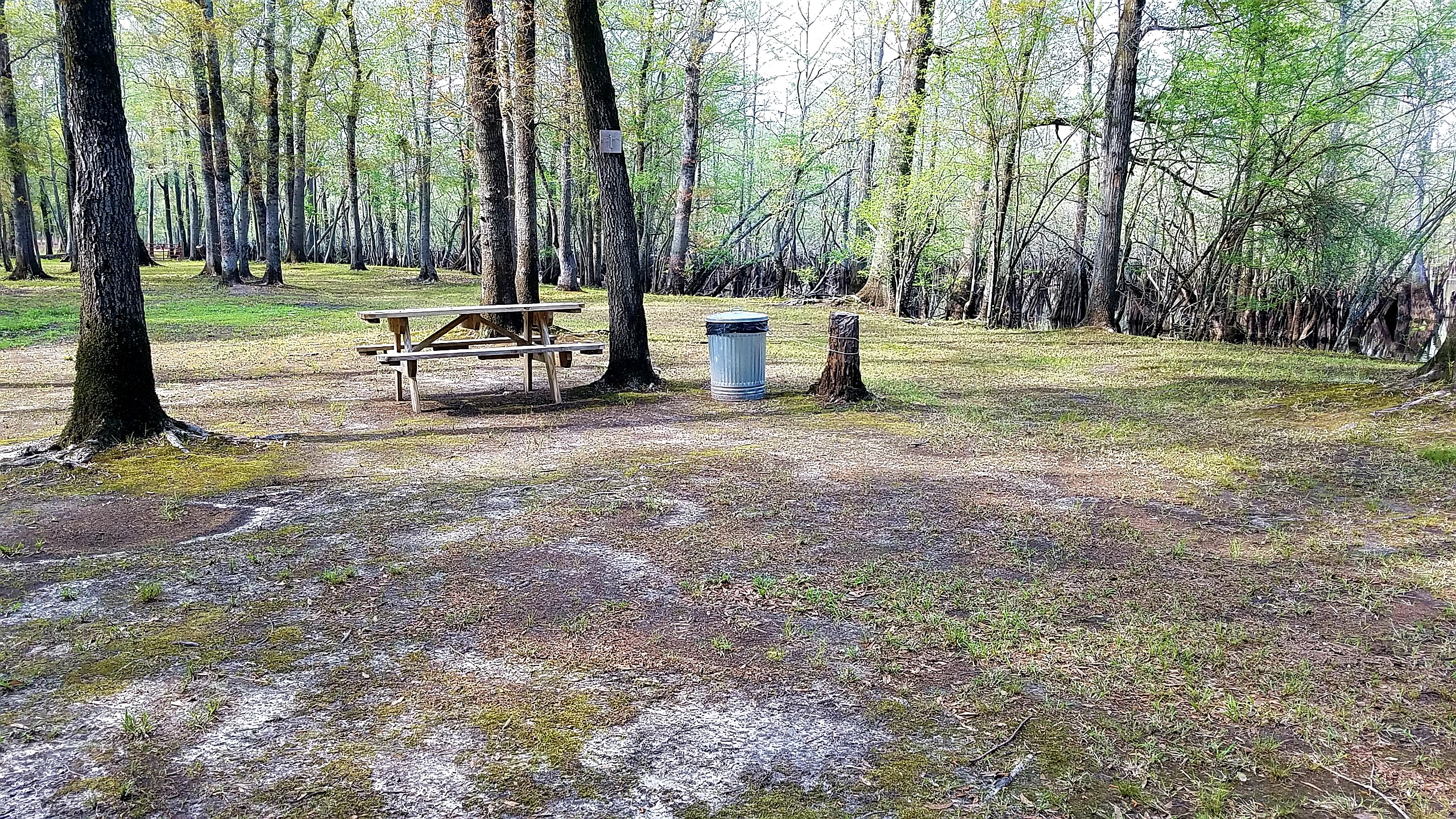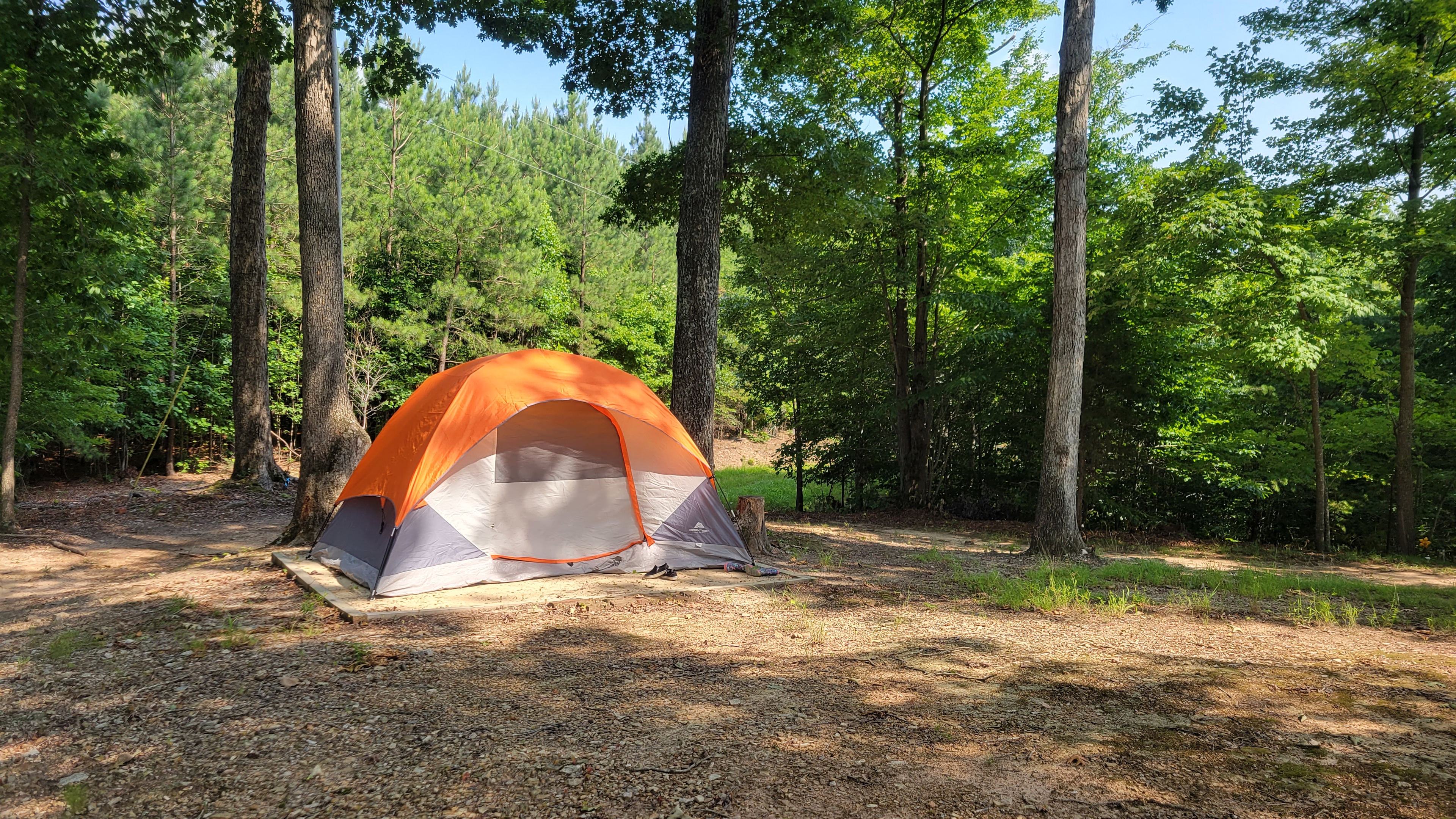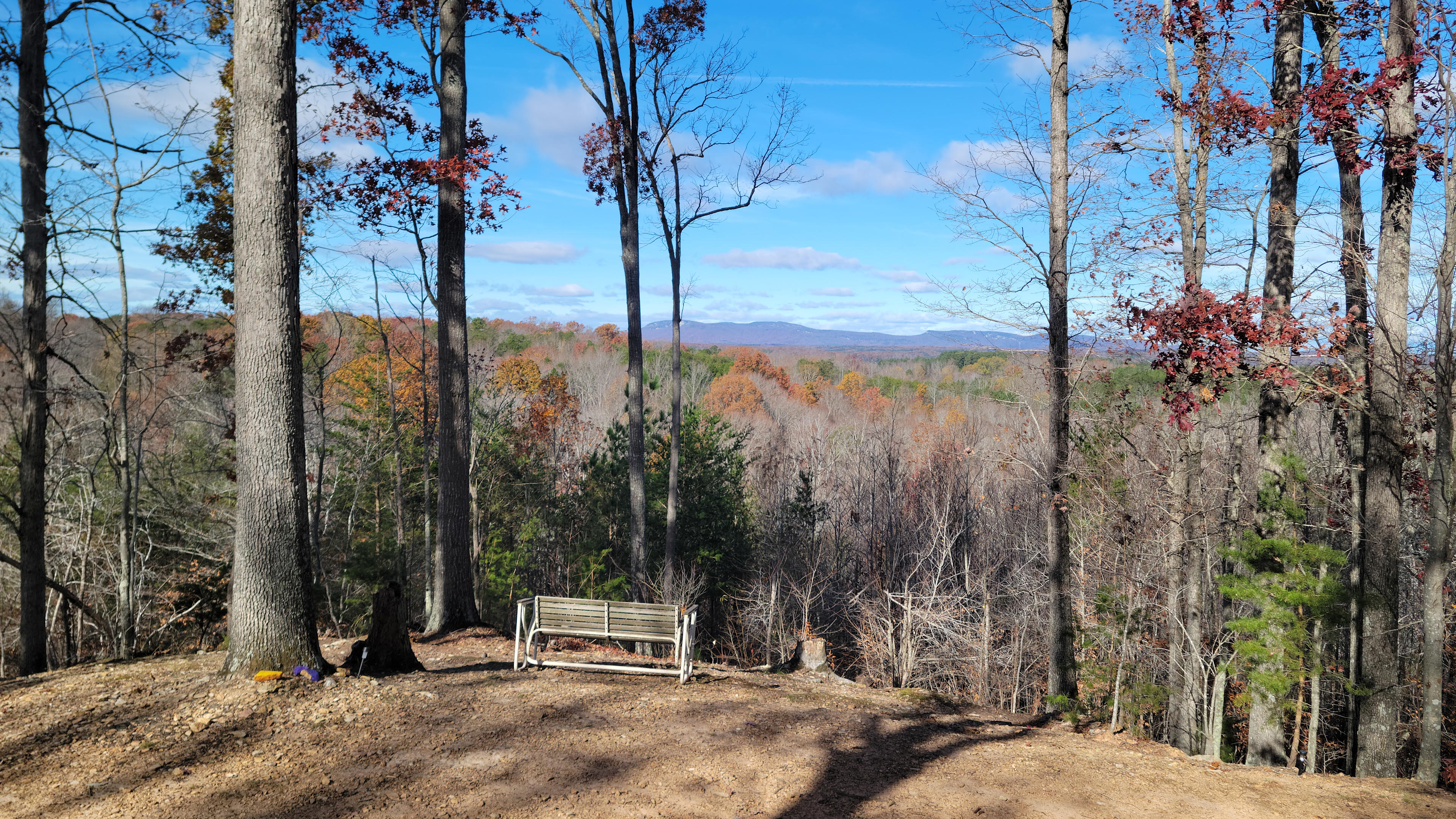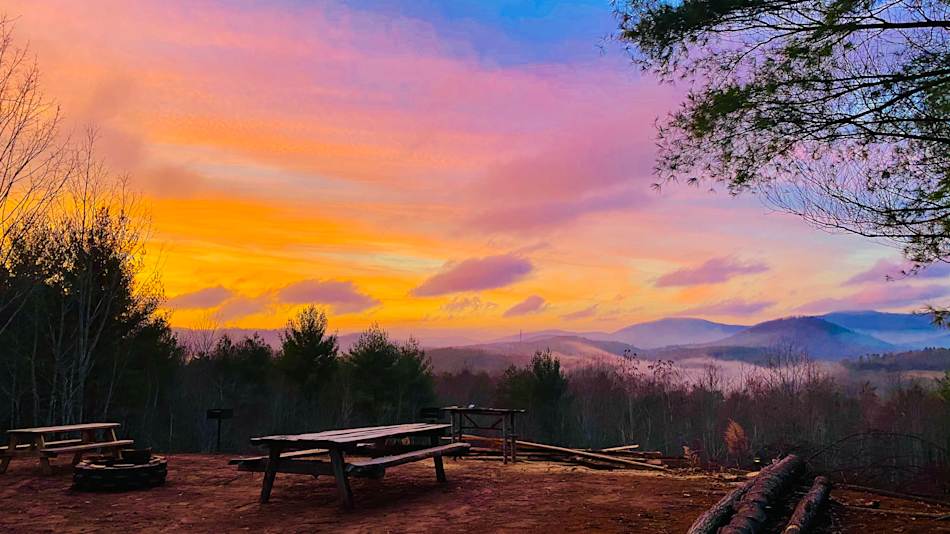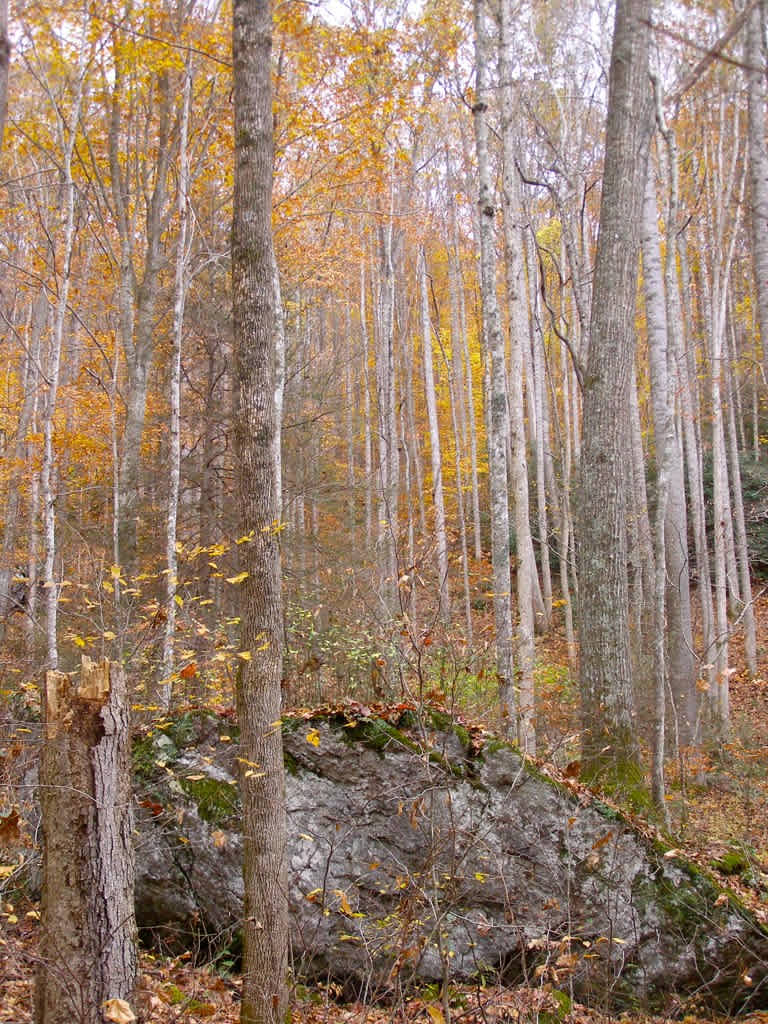Top-rated campgrounds near North Carolina
1. Starlight Hills
2. Smoky Mtn Mangalitsa River Ranch
3. Cold Spring Basecamp
4. Nantahala National Forest
5. Pisgah National Forest
6. Ramble on Big Creek near HRSP
7. Indian Creek Rental's Mountain Camp
8. Lil Snowbird Farm Primitive Camping
9. Cherokee Waterfall Campground
10. Uwharrie National Forest
11. New River State Park
12. Grandfather Mountain State Park
13. Hanging Rock State Park
14. Barnhill Mountain in Fletcher, NC
15. Asheville Area Luxury Solo RV'ing
16. The Oasis at Harmon Creek Farms
17. Waterfall camping close to CLT
18. Rural Chapel Hill Forestry Stay
19. Black River Camping Ventures
20. The Rocky Knoll
Top-rated campgrounds near North Carolina
1. Starlight Hills
2. Smoky Mtn Mangalitsa River Ranch
3. Cold Spring Basecamp
4. Nantahala National Forest
5. Pisgah National Forest
6. Ramble on Big Creek near HRSP
7. Indian Creek Rental's Mountain Camp
8. Lil Snowbird Farm Primitive Camping
9. Cherokee Waterfall Campground
10. Uwharrie National Forest
11. New River State Park
12. Grandfather Mountain State Park
13. Hanging Rock State Park
14. Barnhill Mountain in Fletcher, NC
15. Asheville Area Luxury Solo RV'ing
16. The Oasis at Harmon Creek Farms
17. Waterfall camping close to CLT
18. Rural Chapel Hill Forestry Stay
19. Black River Camping Ventures
20. The Rocky Knoll
Recent reviews from the Hipcamp community
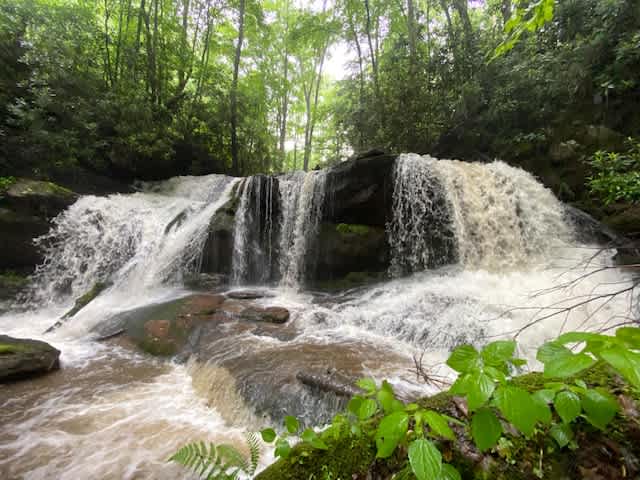
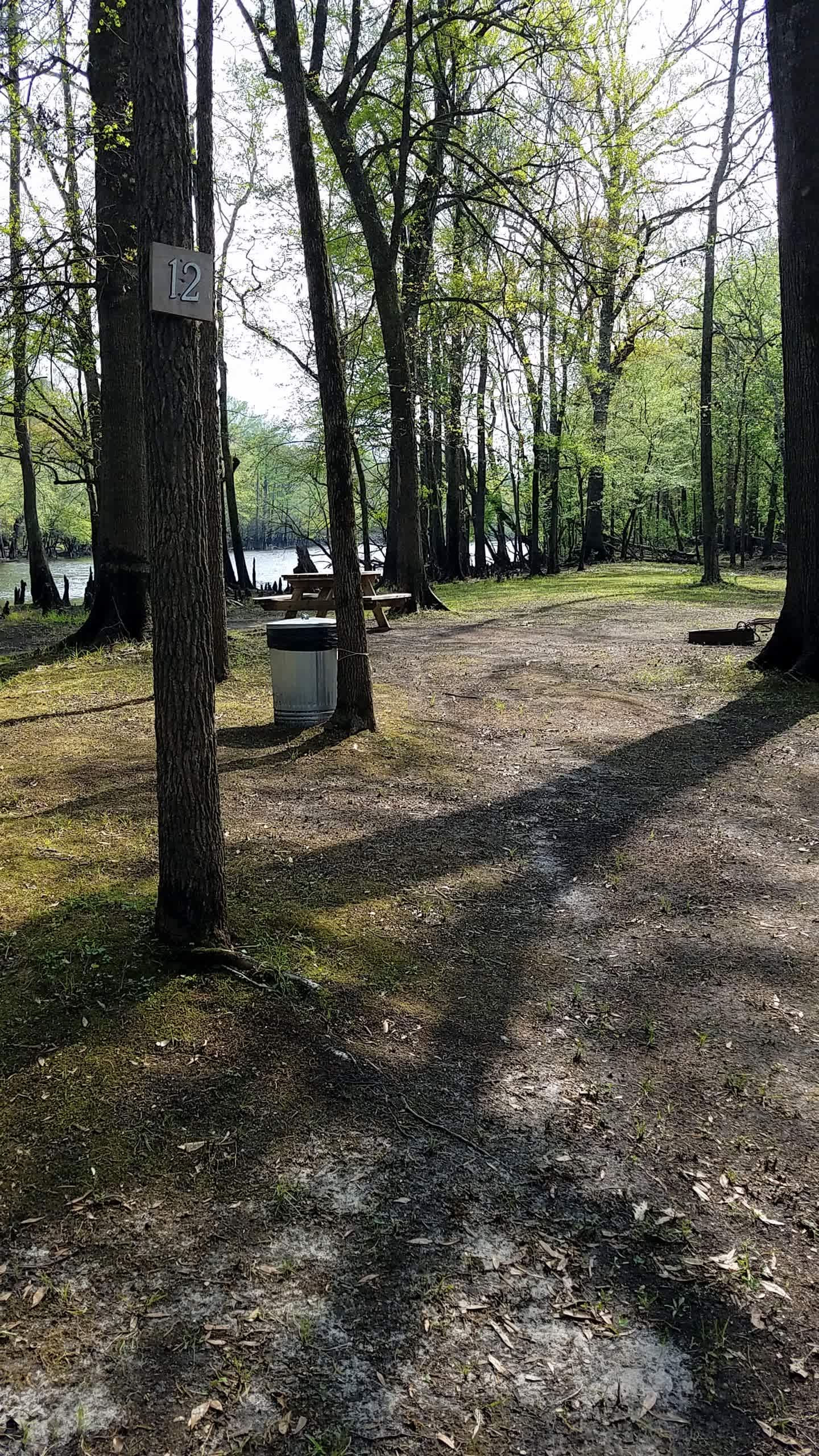
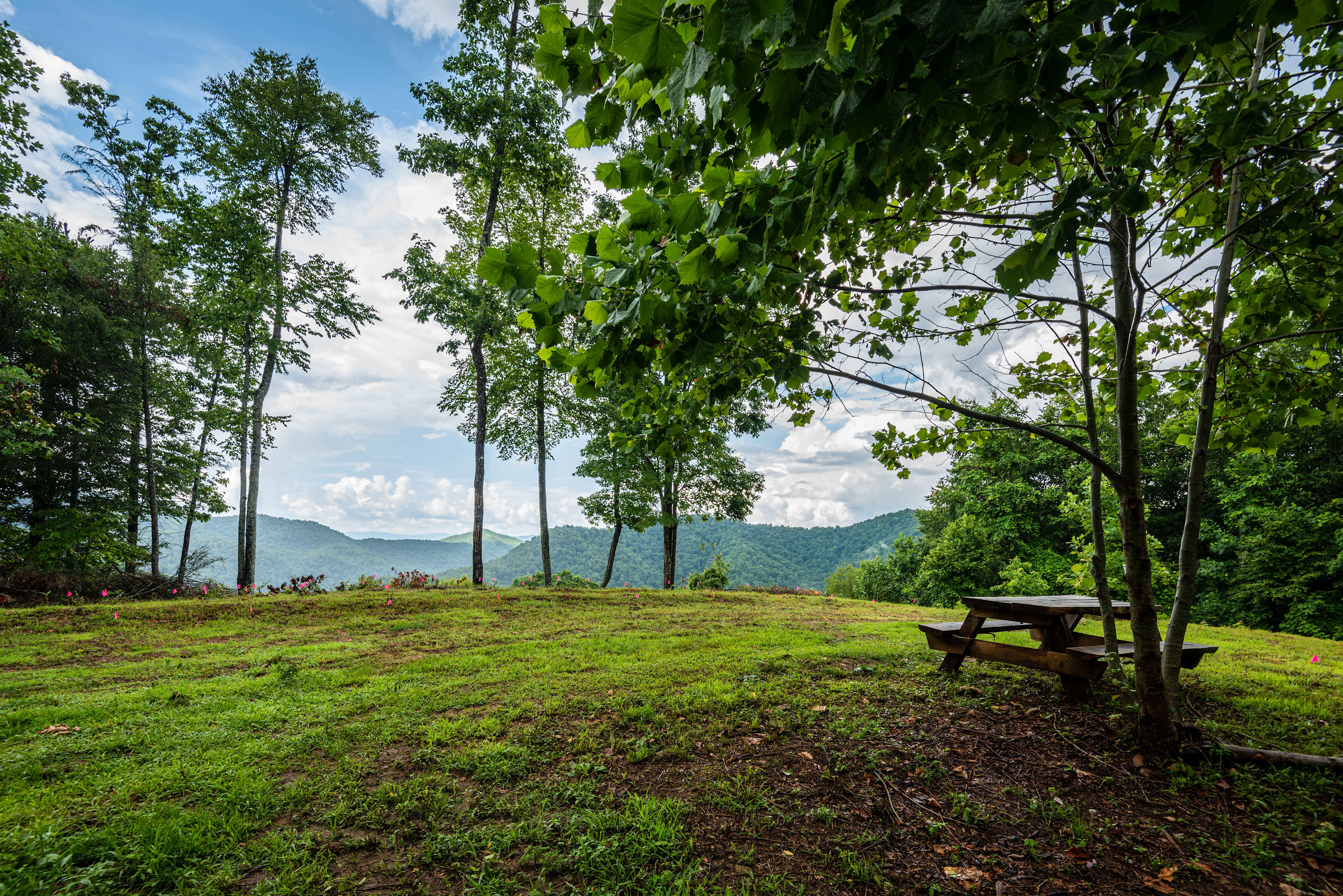
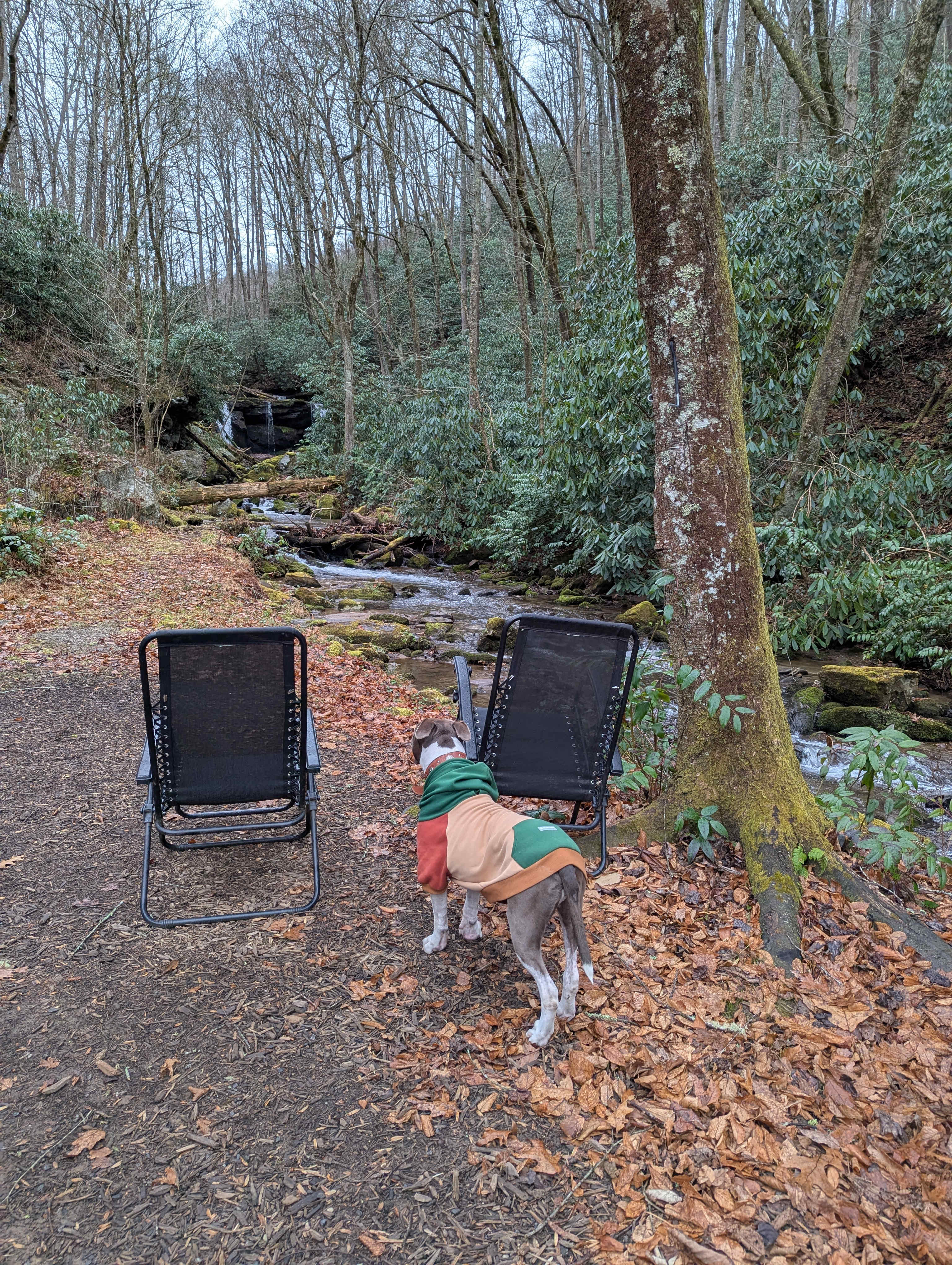
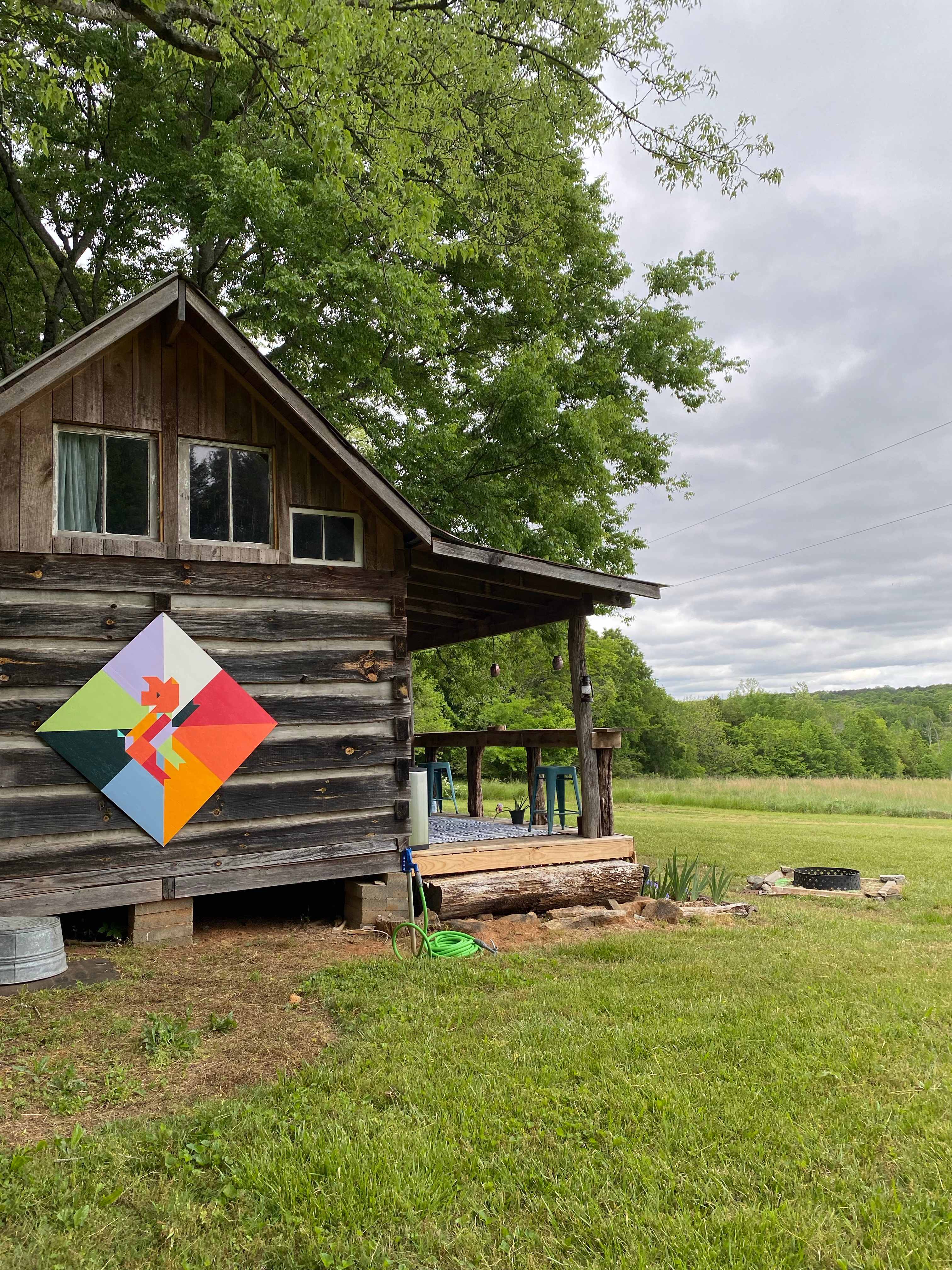
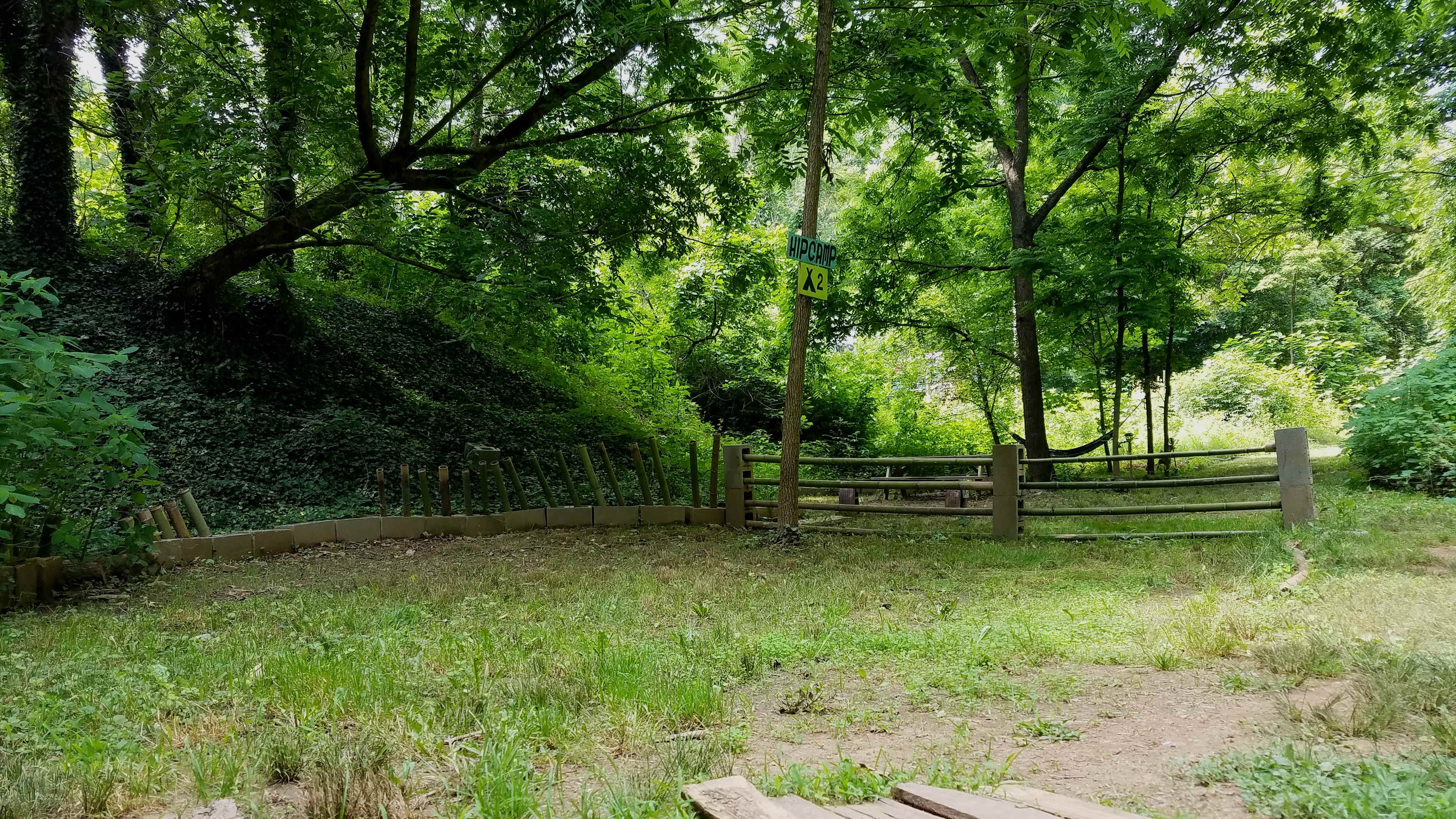
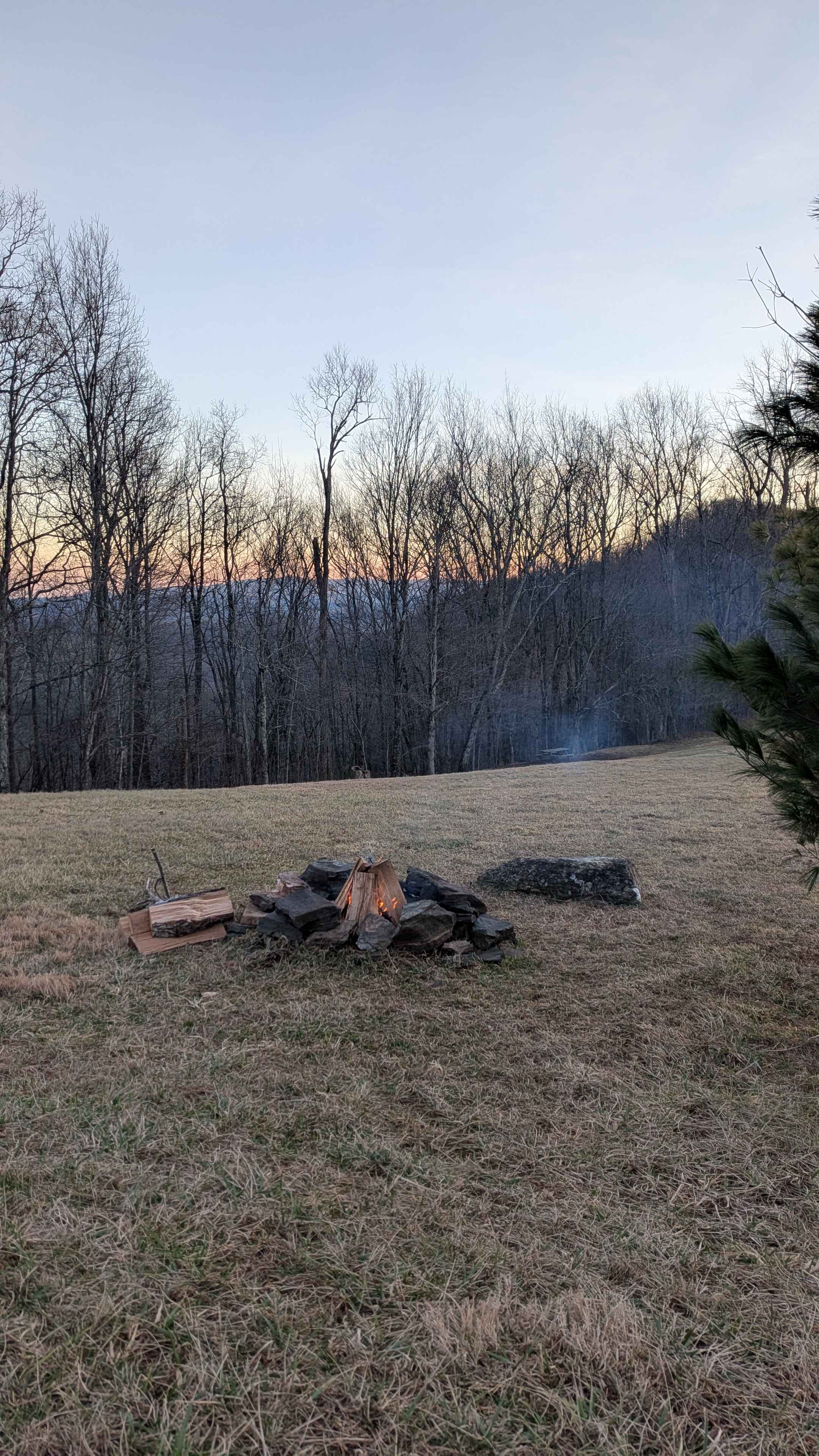
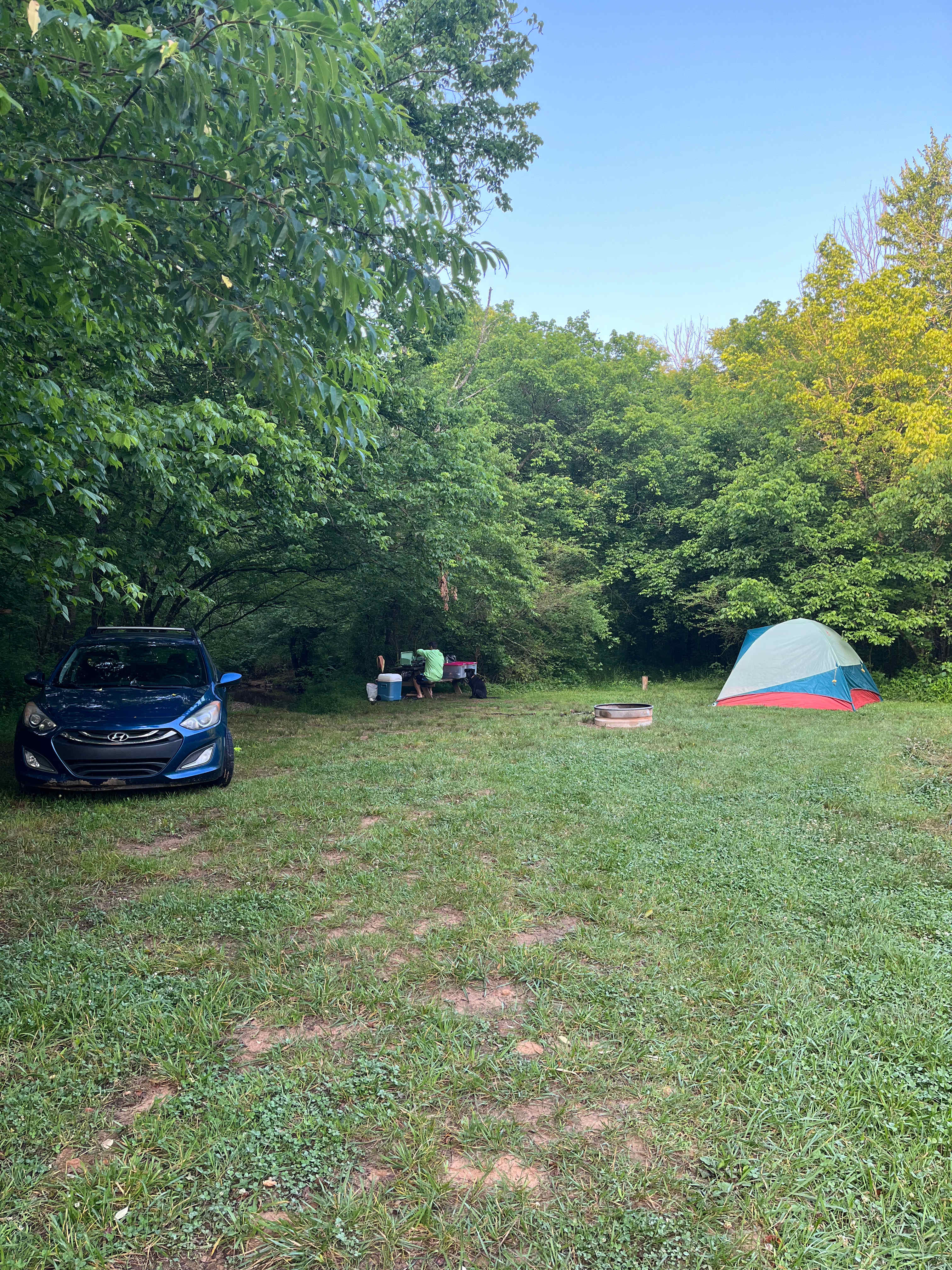
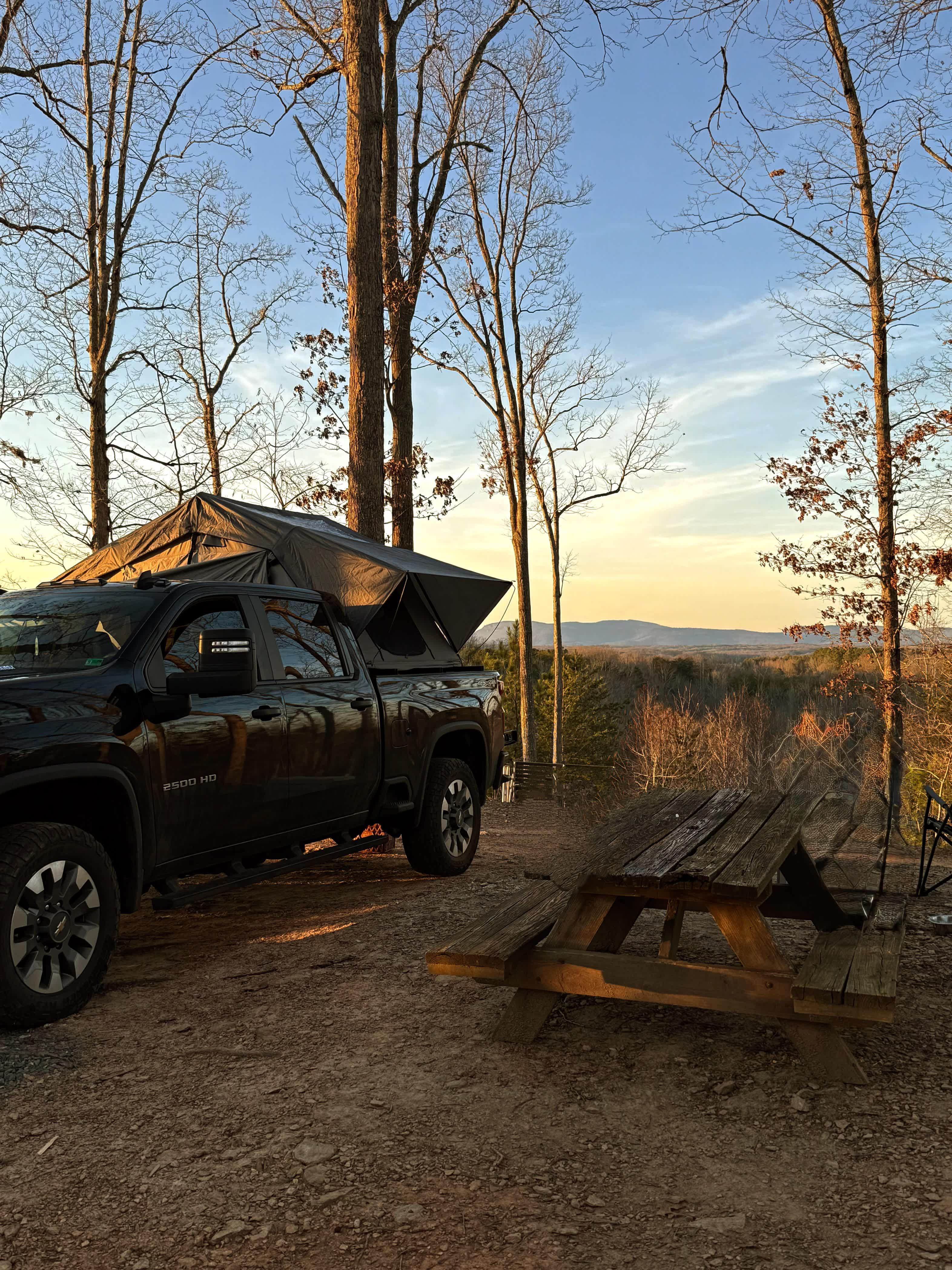
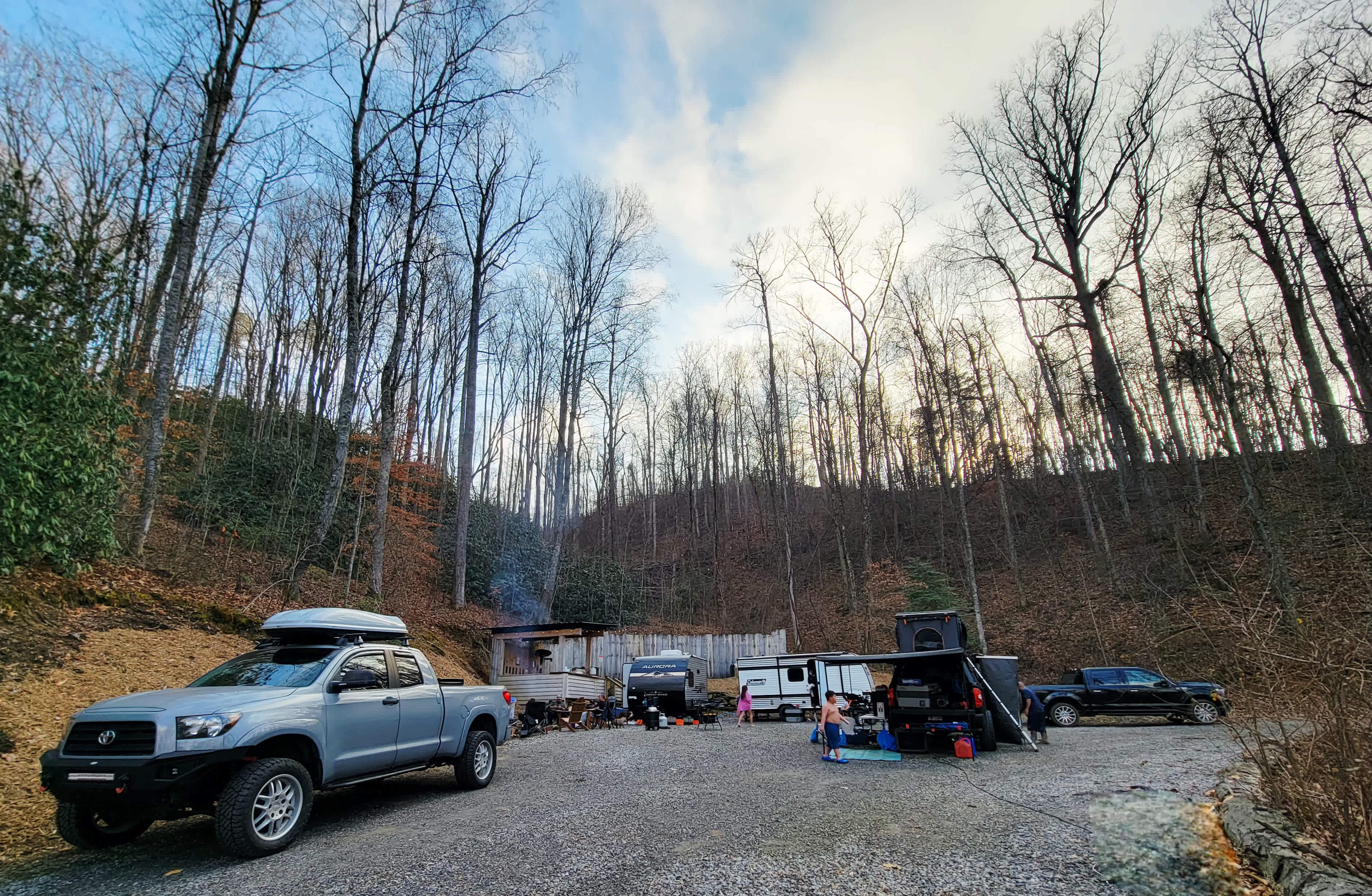
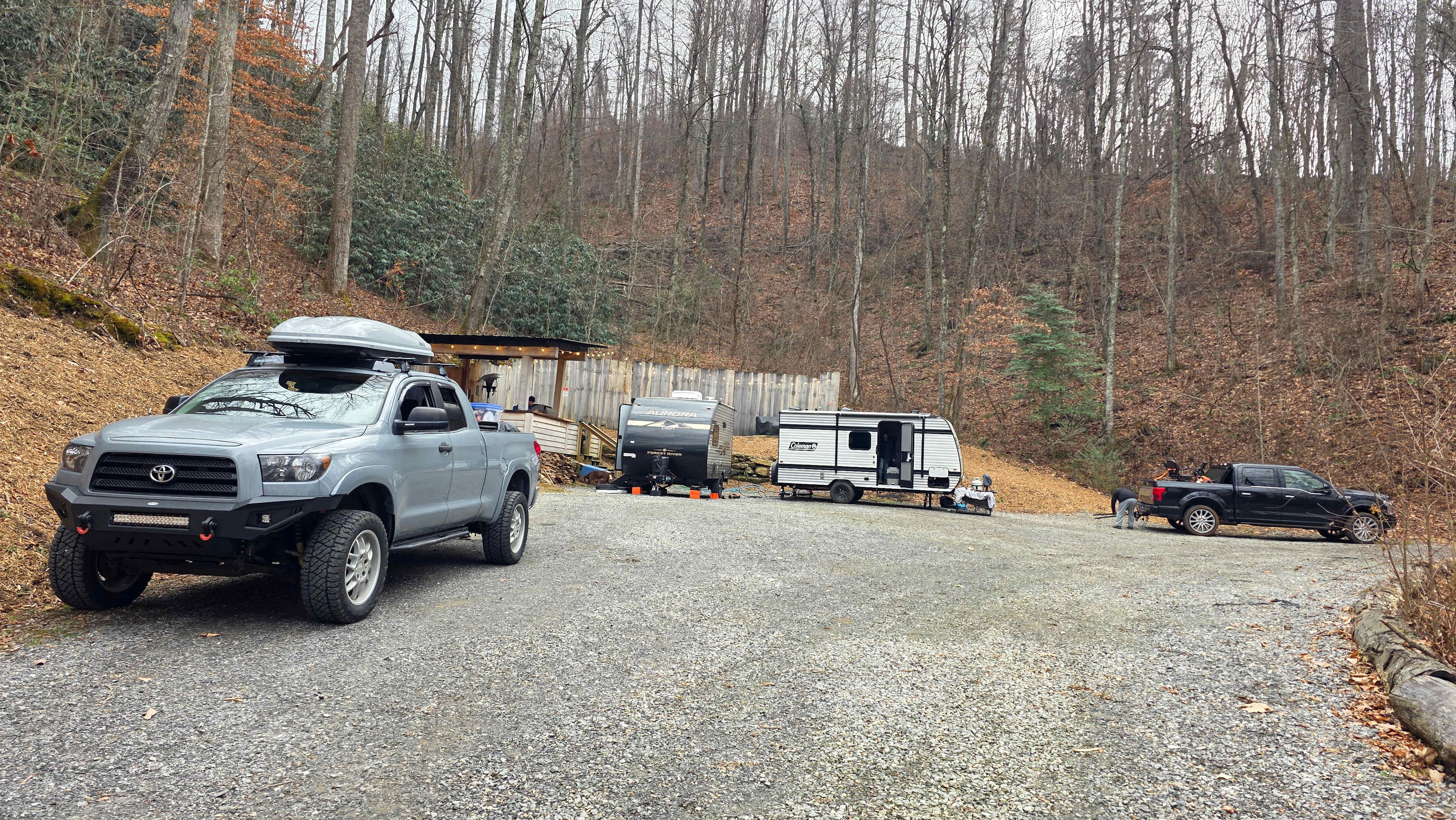
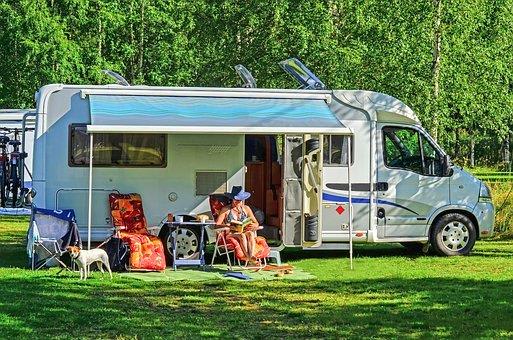
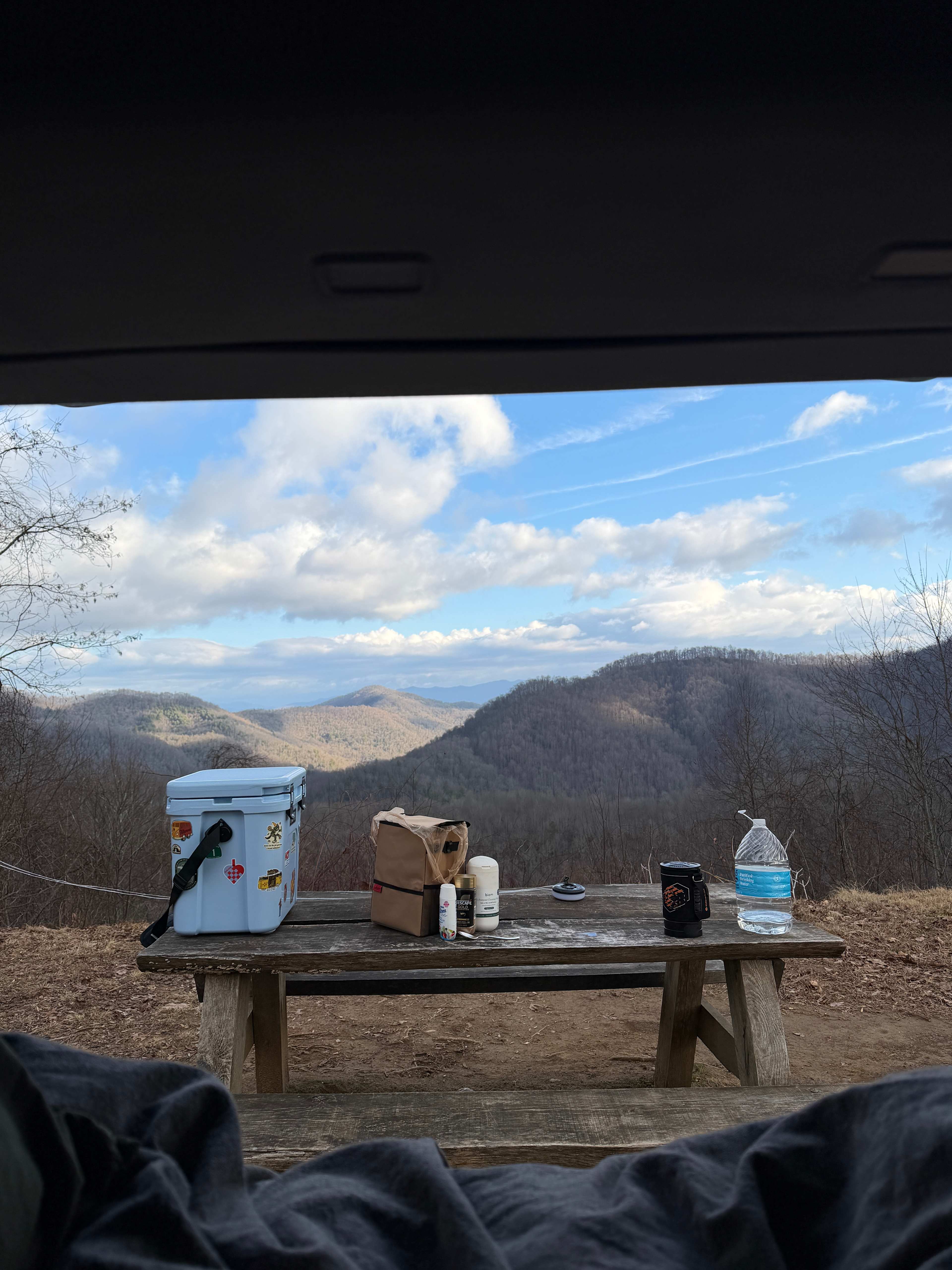

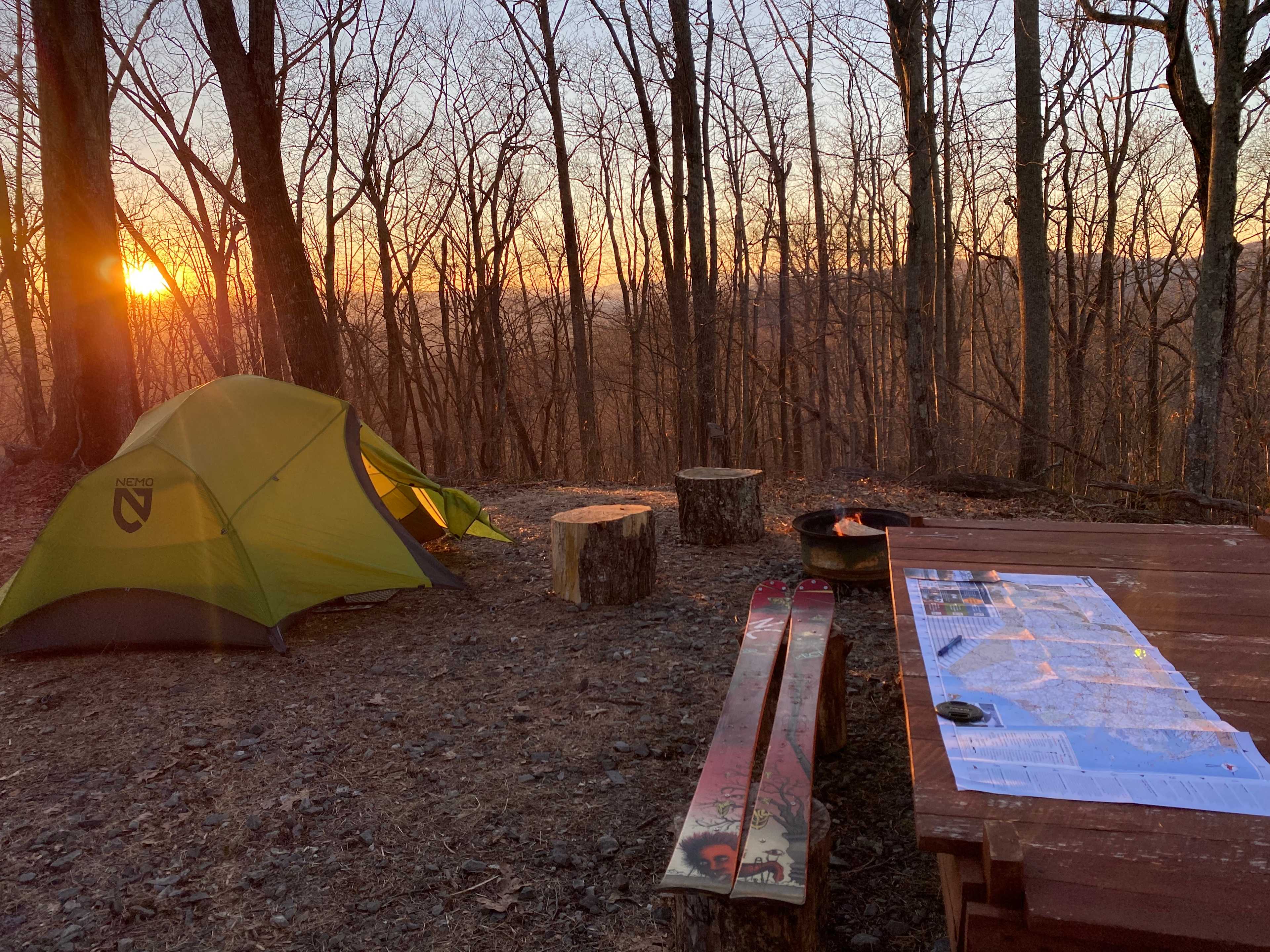
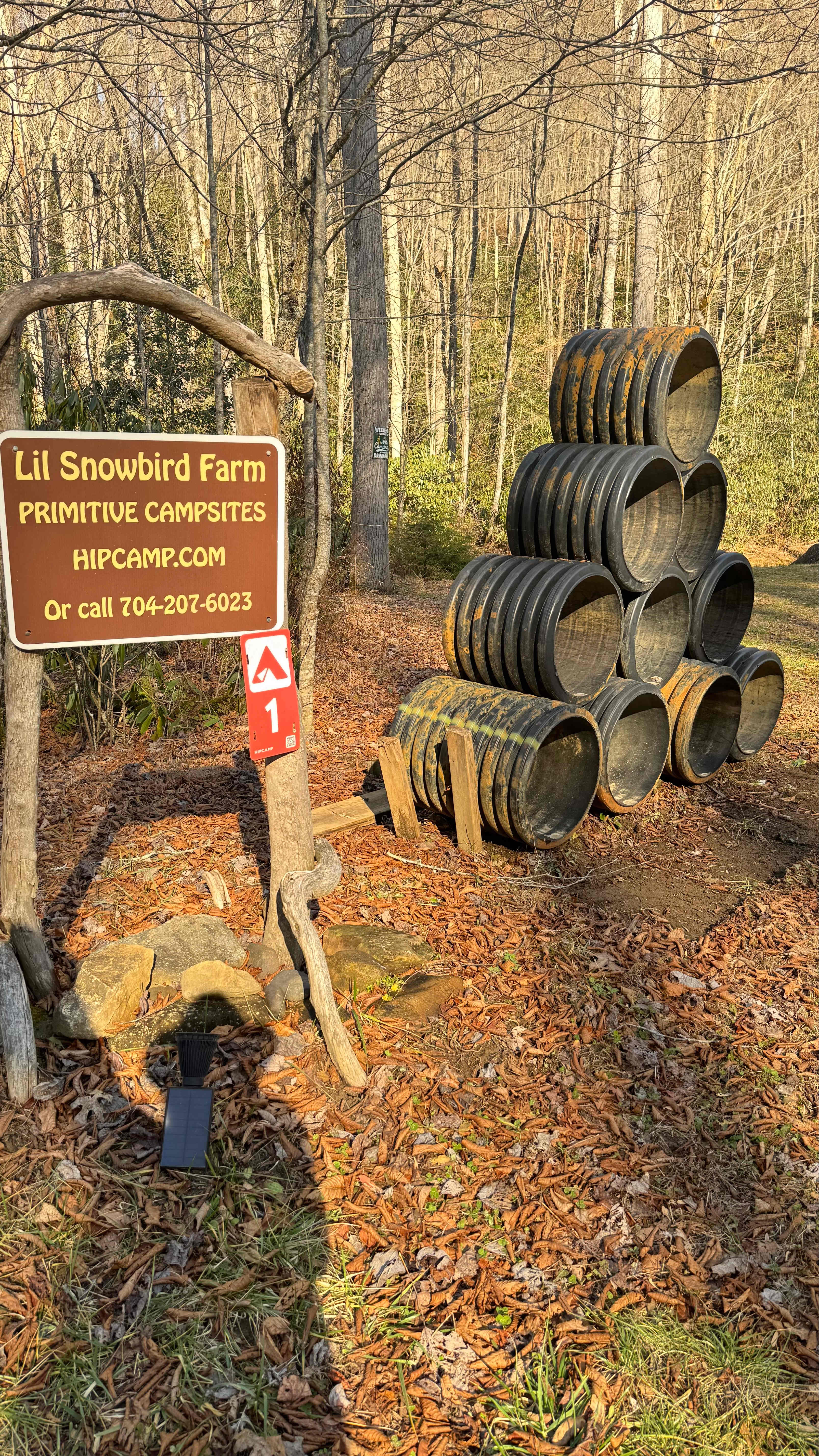
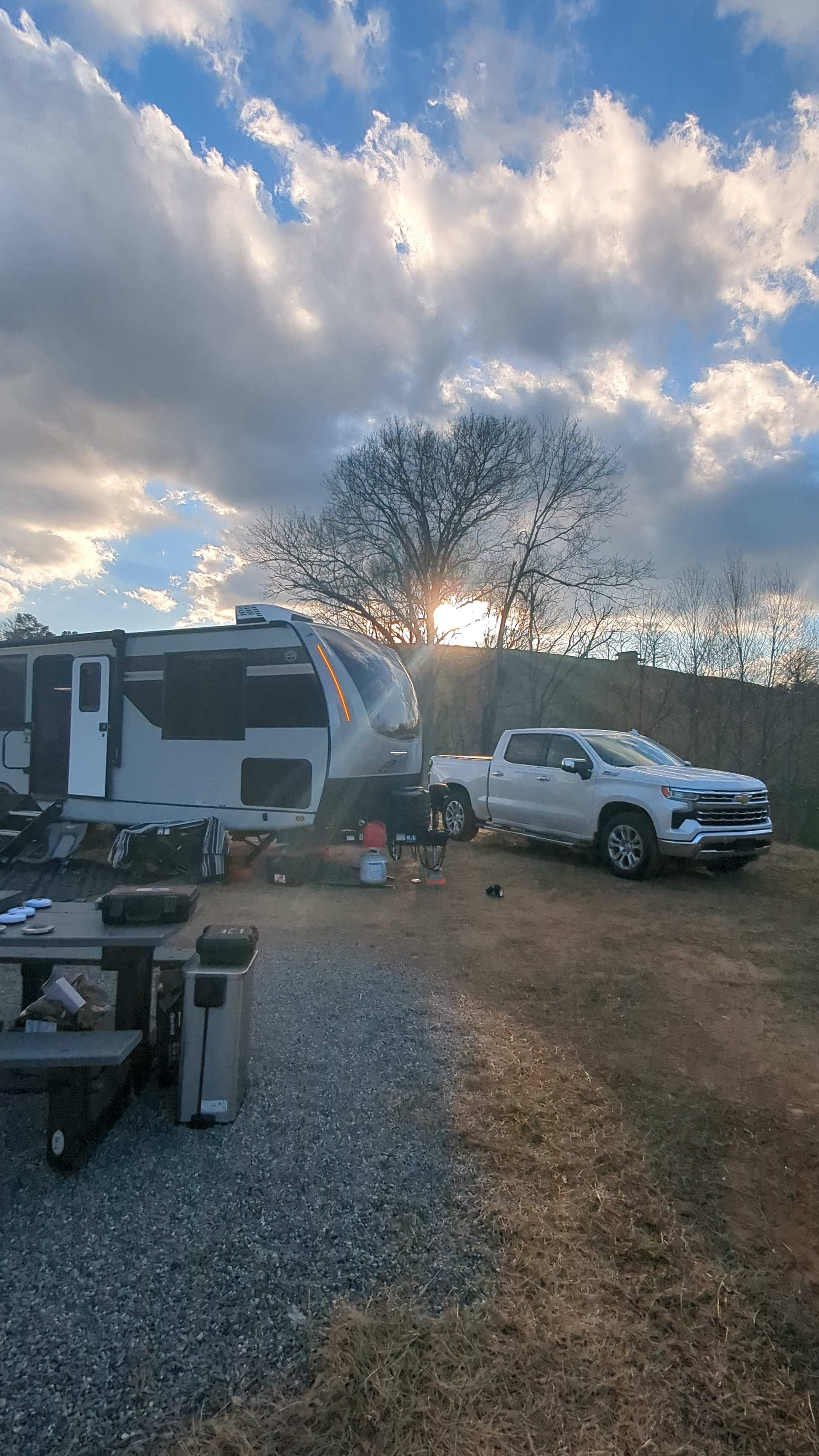
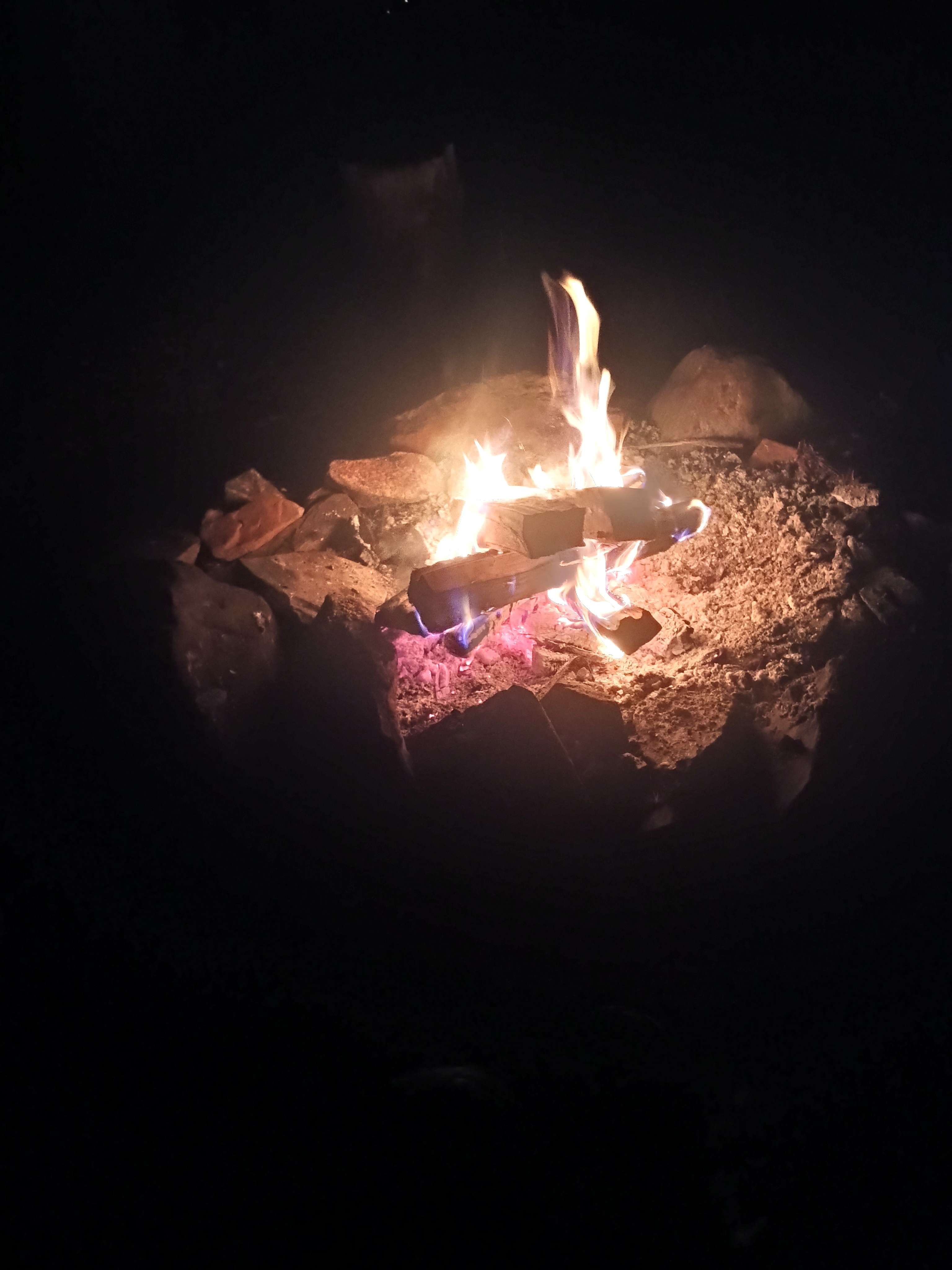
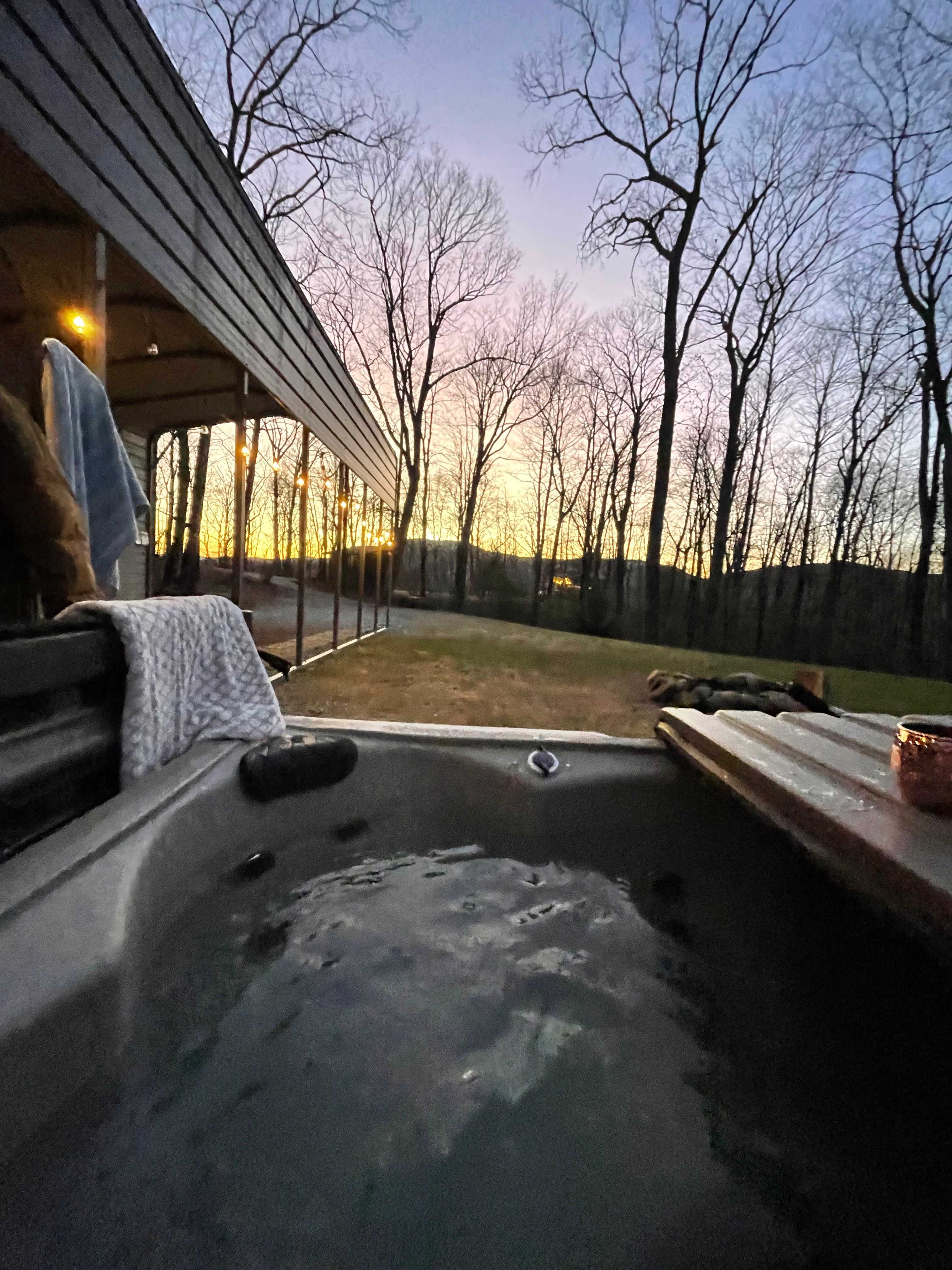
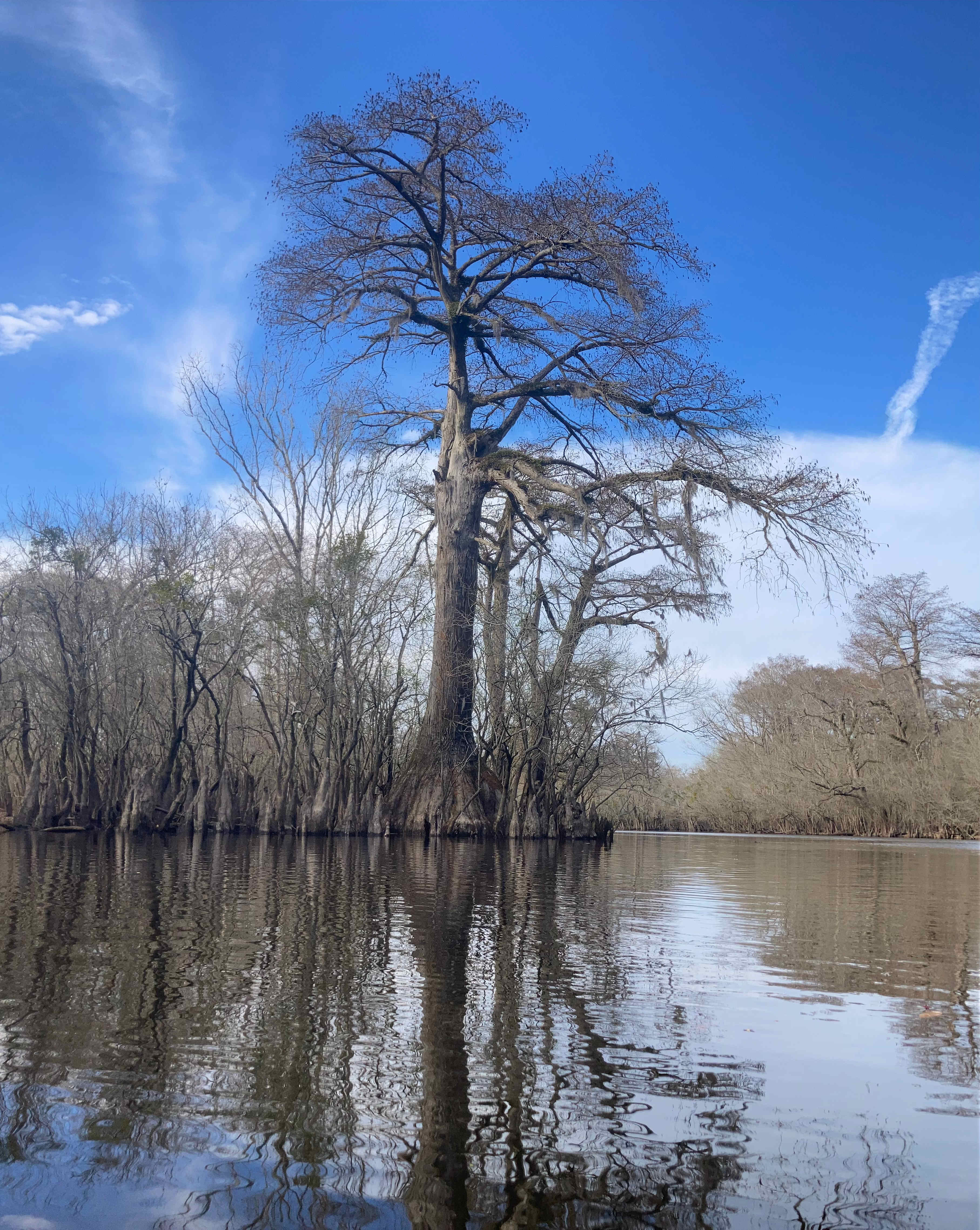


The best camping in North Carolina guide
Where to go
High Country & the Blue Ridge Parkway
The Blue Ridge Parkway passes overlooks, waterfalls, and campgrounds in the rugged High Country of western North Carolina as it swoops south from Virginia. Mount Mitchell State Park, Linville Gorge, and Grandfather Mountain are Instagram-pretty while hiking and mountain biking trails beg to be explored.
Great Smoky Mountains National Park & Cherokee
Stories about Cherokee leaders and 19th-century mountain families add historic context to the mountain-and-forest views in the deep-green Smokies. Feeling social? Hit the welcoming Nantahala Outdoor Center for all-sorts of wild adventures, from rafting to ziplining. The Appalachian Trail runs along the North Carolina and Tennessee border in the national park then veers south through Nantahala National Forest.
Asheville & the Foothills
An easy detour from the Blue Ridge Parkway, Asheville is a mountain town that’s going places. The craft beer situation is out of control—more than 30 breweries!—while innovative chefs keep the foodie scene abuzz. Chimney Rock State Park, Lake Lure, and gorgeous waterfalls are outdoor highlights in the foothills. Mountain bikers, get your fix in Pisgah National Forest.
North Carolina Coast
Wind, water, and sunny skies set a mood for fun along the North Carolina Coast. For the best all-around beach scene head to the Outer Banks, a 100-mile stretch of rugged barrier islands marked by dunes, fishing piers, and wild horses. Try hang-gliding at Jockey’s Ridge, windsurfing off Hatteras Island, and parasailing and paddling in Corolla and Duck. For close-to-the-beach tent camping, drive south to Cape Hatteras National Seashore or ferry over to Ocracoke Island.

